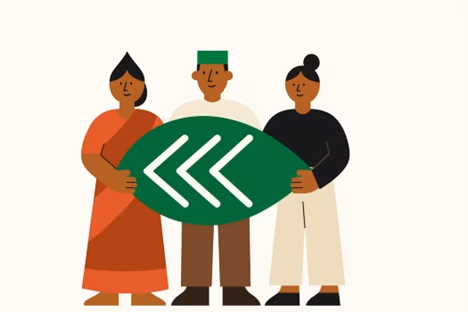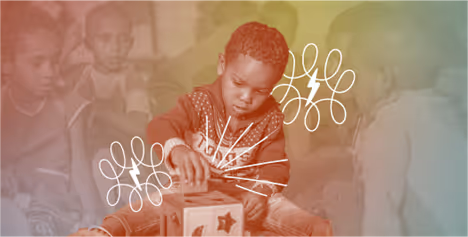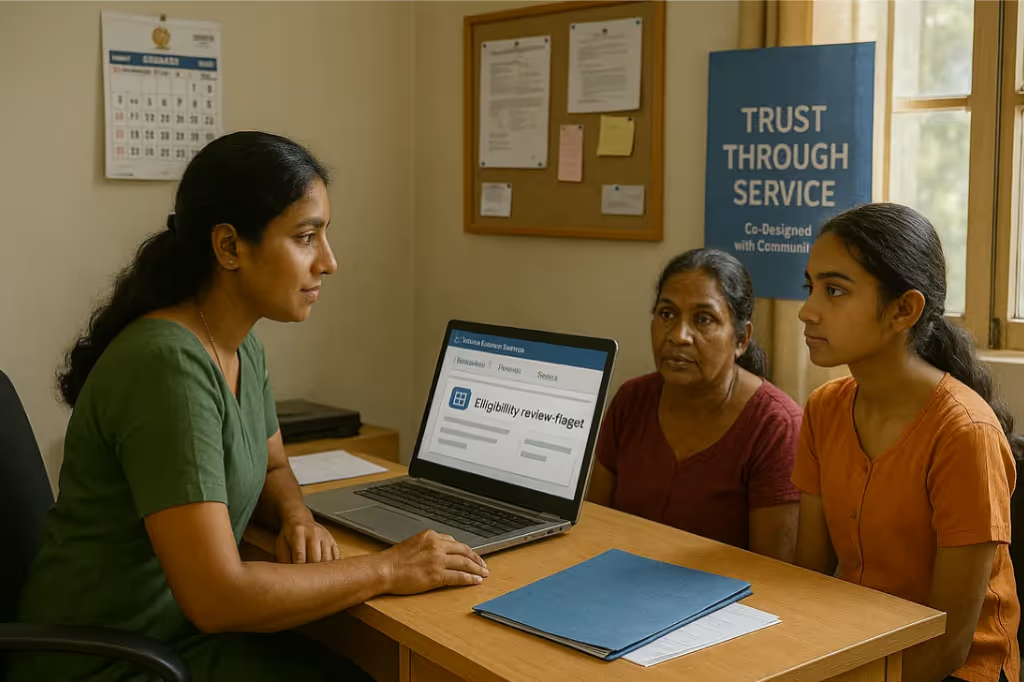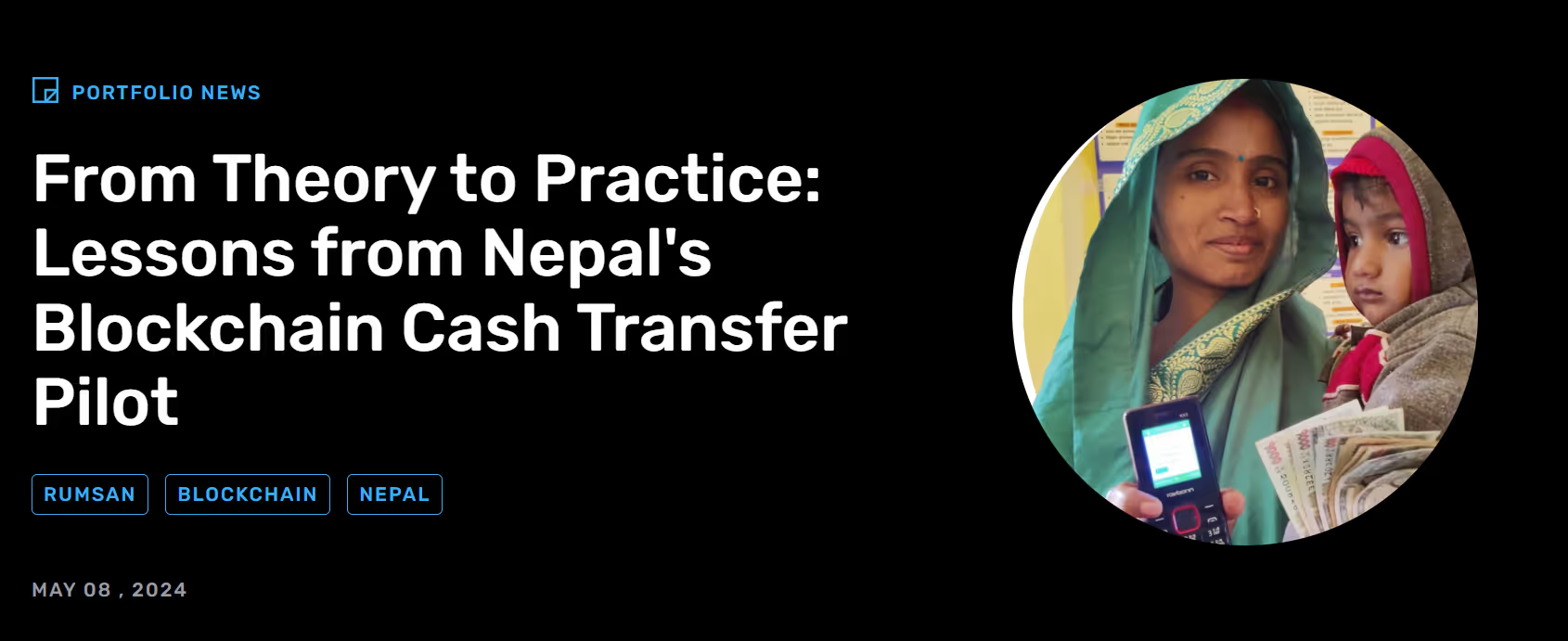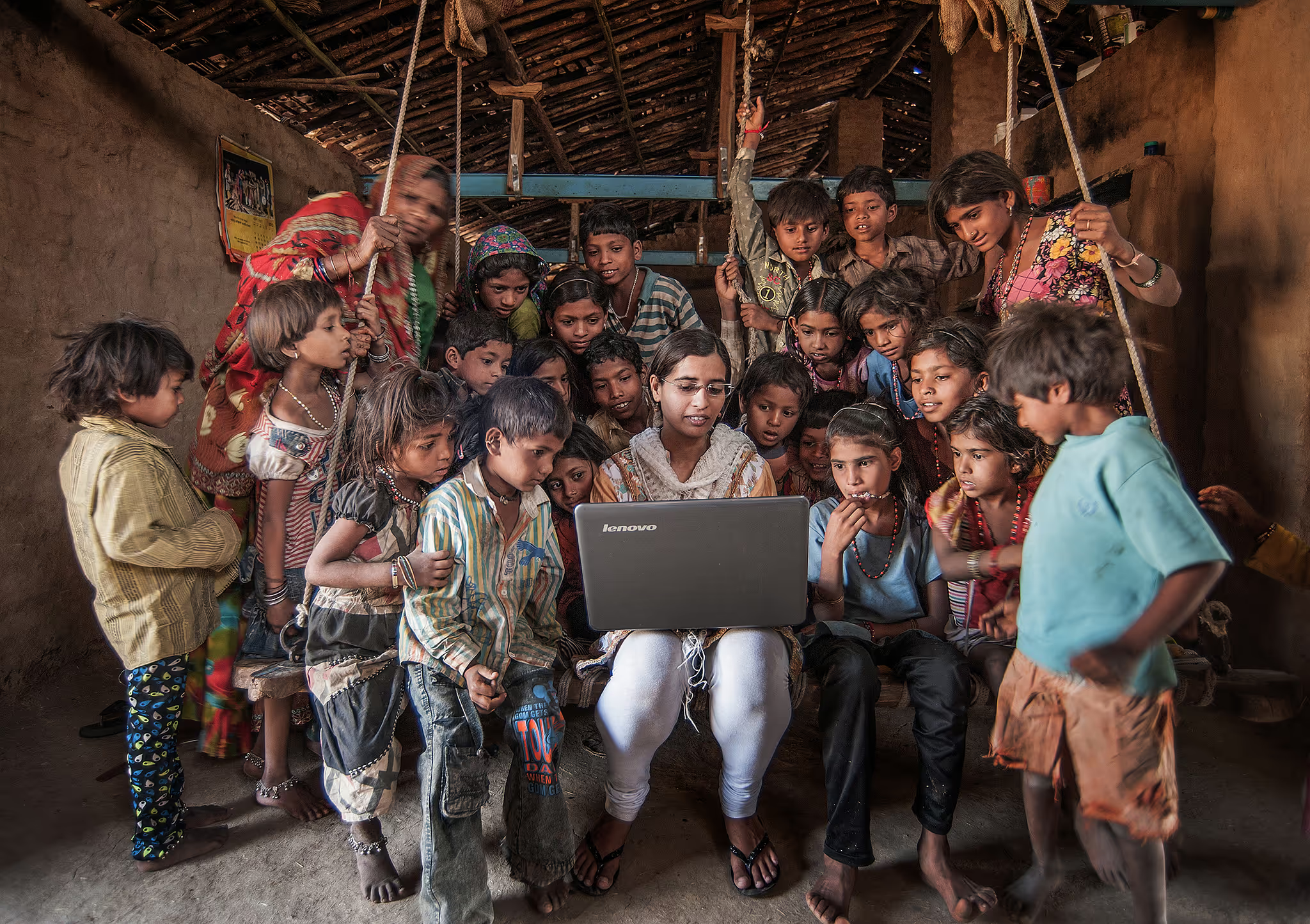
Innovation Blogs from the UN
Latest blog posts
This collection includes blog posts related to innovation in the UN written by UN Entities.
If you would like to suggest a post for us to include, please contact us at info@UNinnovation.network.
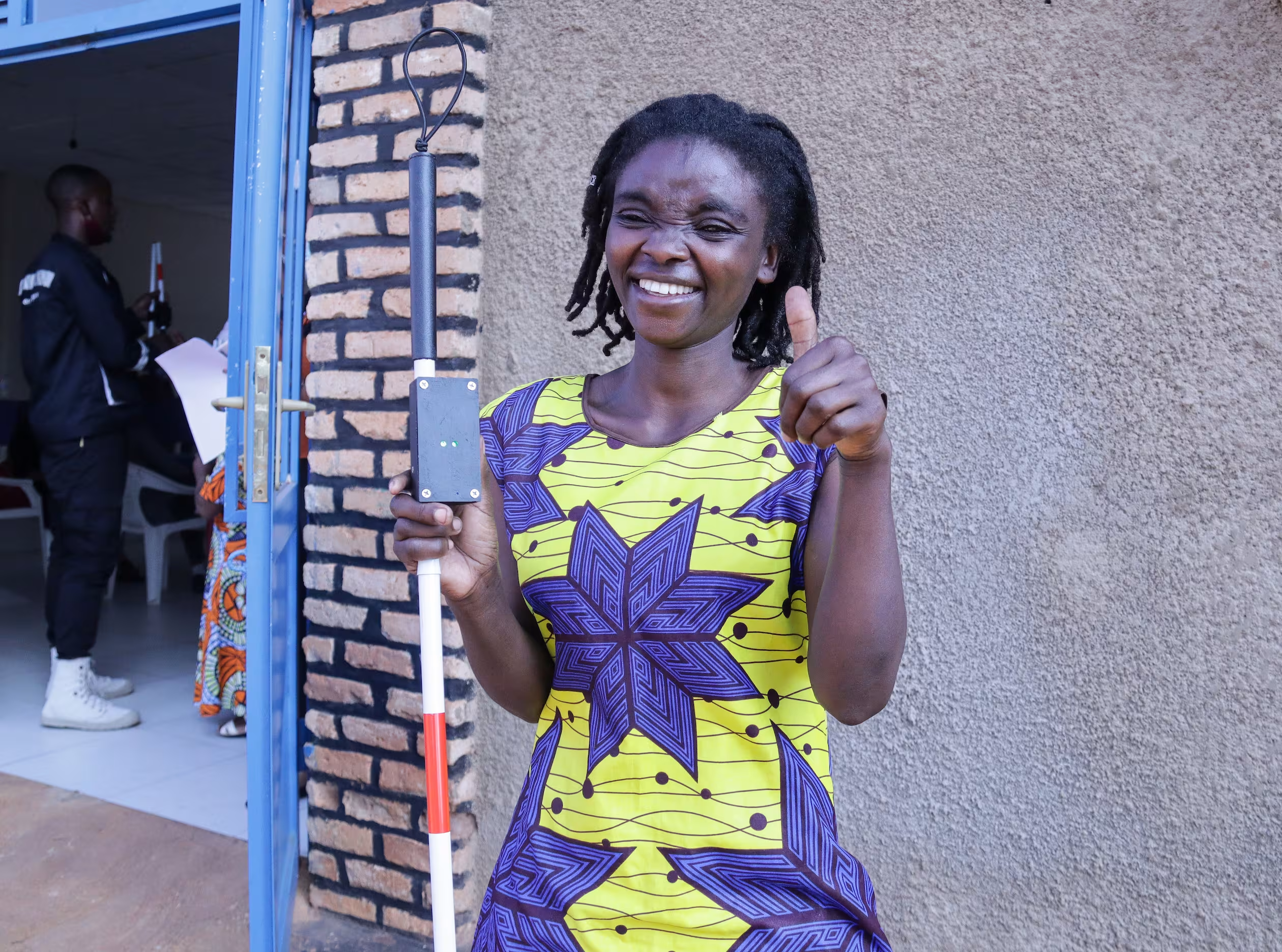
December 3, 2025
|
UNDP
Advancing Accessibility through Digital Inclusion
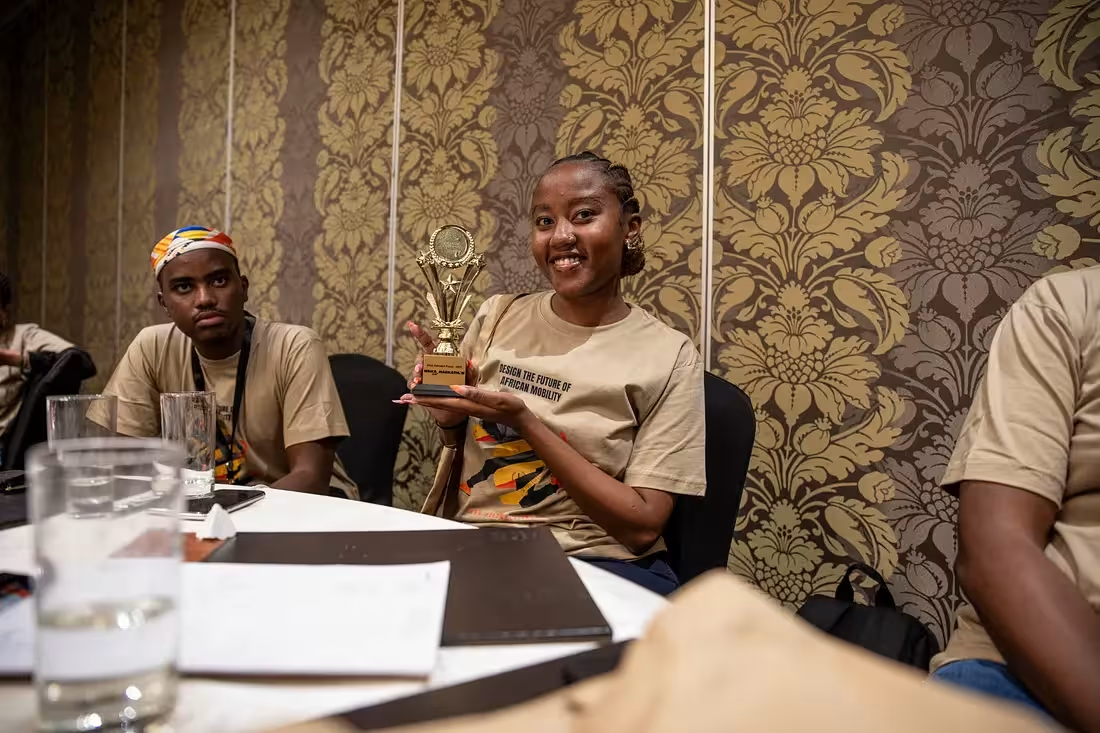
December 3, 2025
|
IOM
AI with a Heartbeat: Ann’s Vision for African Youth Mobility

December 1, 2025
|
UNHCR
Leveraging AI for community-based protection
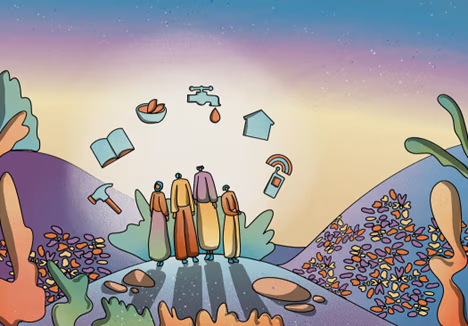
October 14, 2025
|
UN Global Pulse
AI could transform disaster response. How do we ensure it reaches those who need it most?
Illustration by Shanice Da Costa
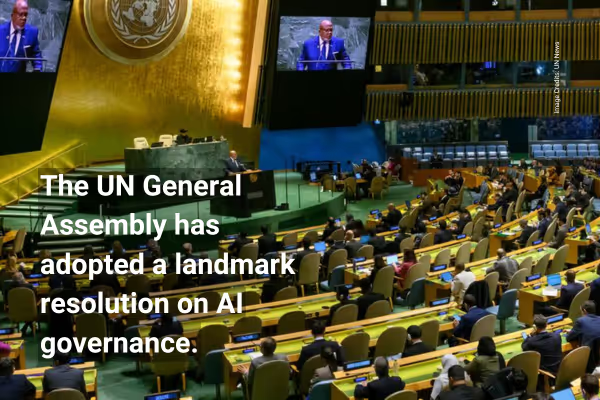
September 25, 2025
|
UN Secretary-General
Global Dialogue on Artificial Intelligence Offers Platform to Build Safe Systems
One year ago, we celebrated the adoption of the Global Digital Compact — the first universal agreement on AI governance. Today, we lay the corner-stones of a global AI ecosystem that can keep pace with the fastest—moving technology in human history. A system that rests on three fundamental pillars — policy, science and capacity.
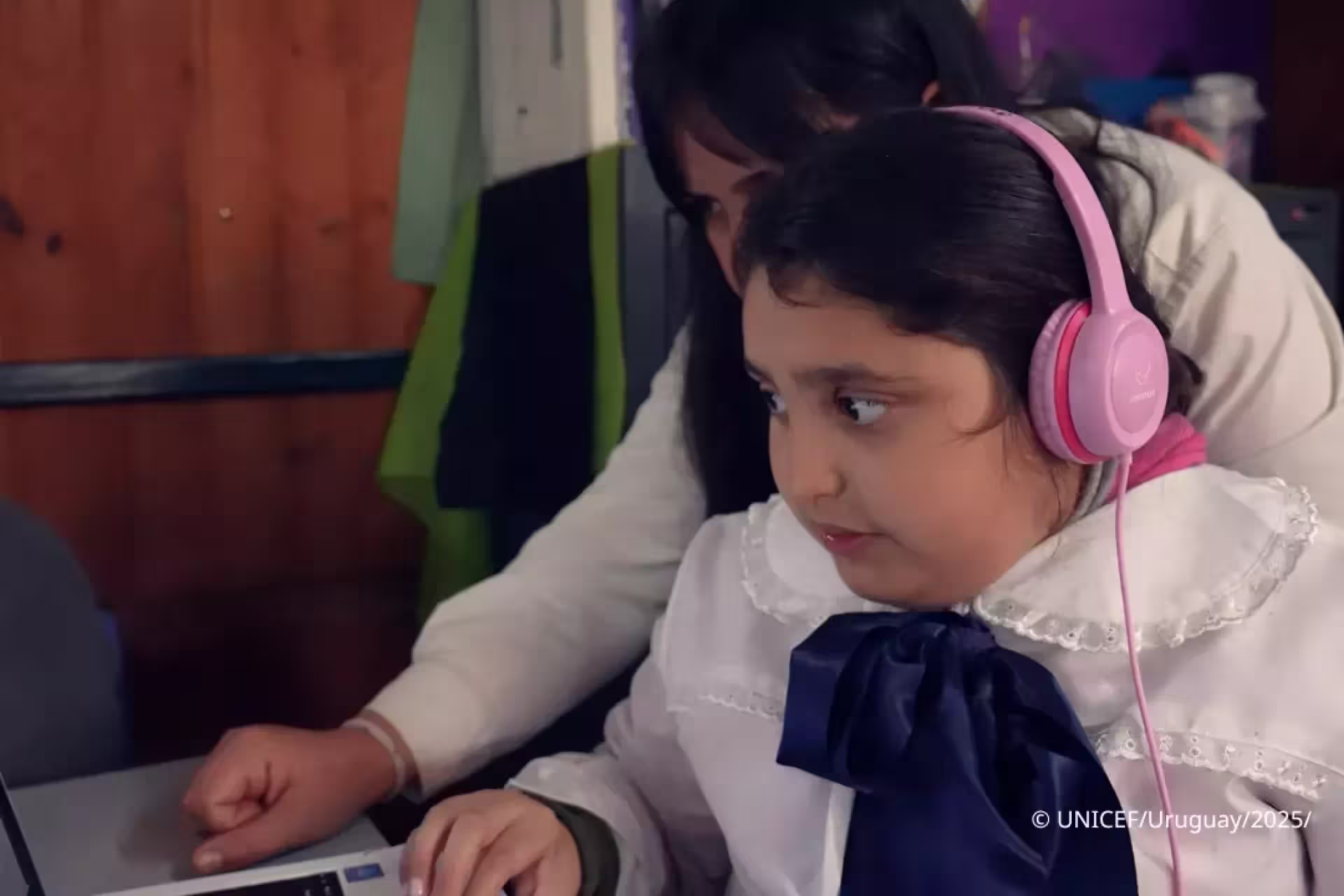
September 4, 2025
|
UNICEF
Every child can learn without barriers
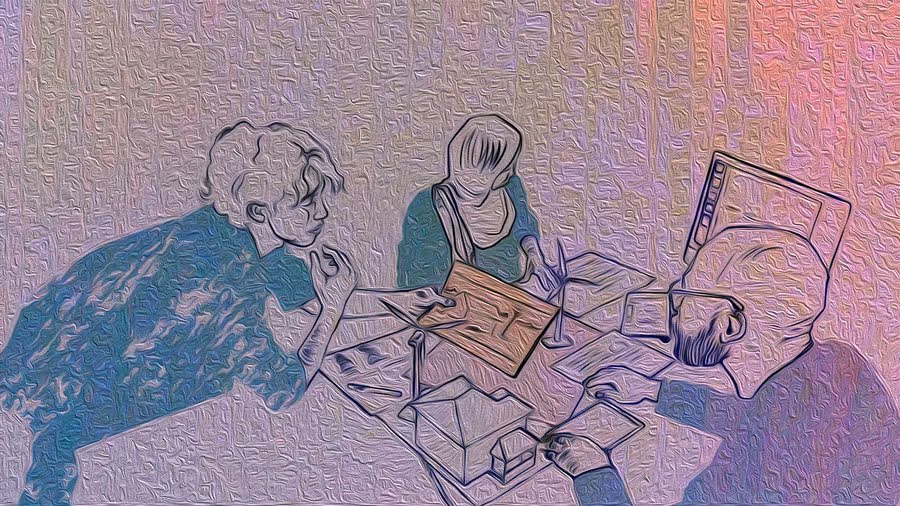
August 29, 2025
|
UN Global Pulse
From Post-its to Transformation Portfolio: Activating an Innovation Ecosystem through Foresight
Strategic Foresight is championed as a key capability under the UN 2.0 agenda, and helps organizations to navigate uncertainty and prepare for the future. If you have ever participated in a foresight workshop, you will know it can be a thought-provoking experience: often filled with post-its and exercises that challenge you to rethink the assumptions you hold about the future and invite you to use your imagination to envision radically different futures. The most thrilling part is when you get to challenge your ideas on what is possible and experience how to transform “ideas” about the future into concrete, actionable projects.
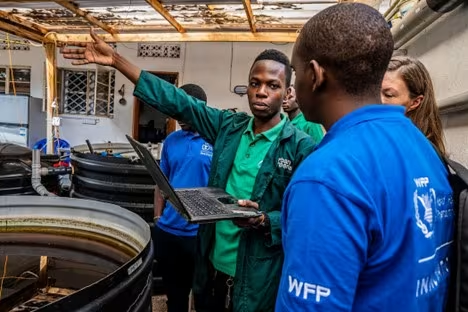
August 22, 2025
|
WFP
5 Lessons Learned From Our Network of Innovators
A visit to Urban Greens, an organization that has developed a decentralized, soil-less micro-farm concept based on aquaponics in Kampala, Uganda. © WFP/Silvia Sironi
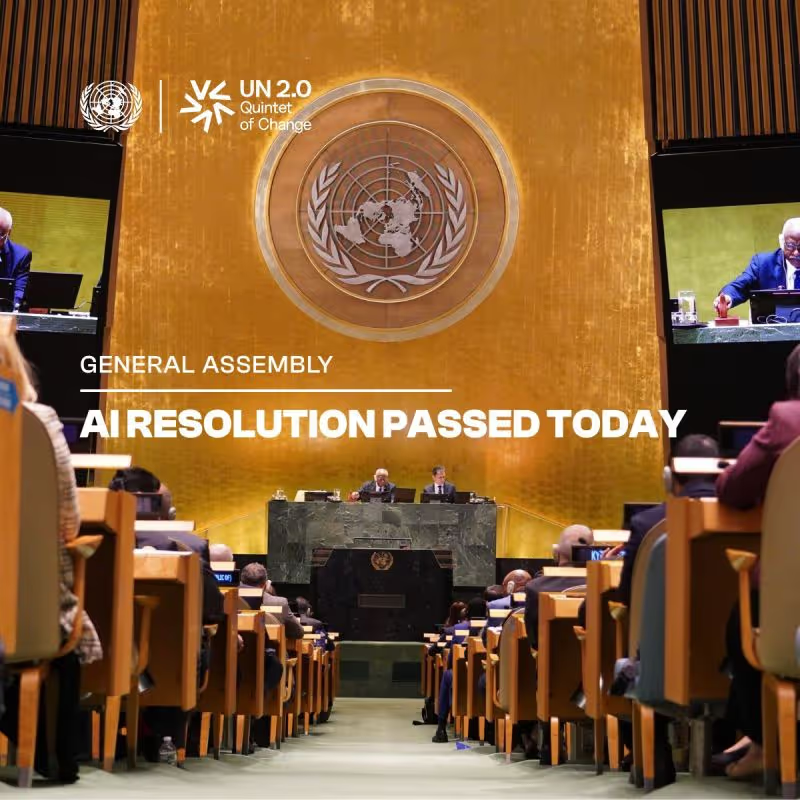
August 18, 2025
|
UN
General Assembly - AI Resolutions Passed Today
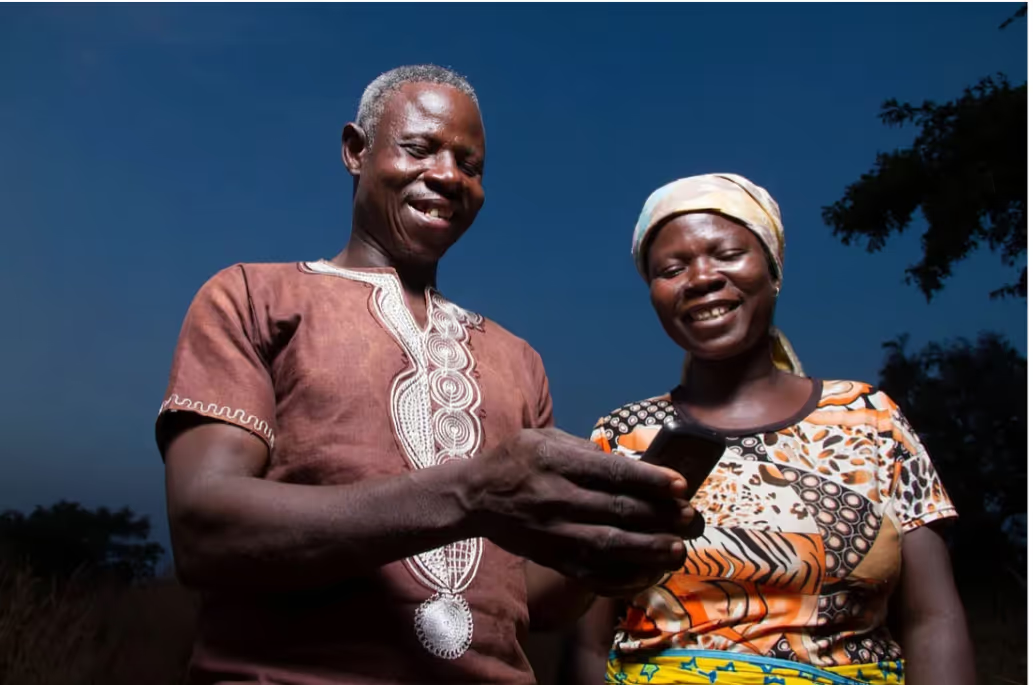
July 8, 2025
|
WFP
7 ways WFP Innovation transformed humanitarian assistance in 2024
A farming couple in Ghana looking at the weather forecast sent to their mobile phone. Photo: WFP
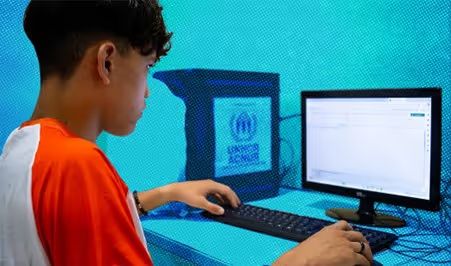
July 7, 2025
|
UNHCR
Community-driven digital literacy for self-reliance
Venezuelan Nehomar Alonso Diaz Martinez, 17, a participant in the Jóvenes en Acción project, in the computer room. Original photo: ©UNHCR/Alef Kaf.
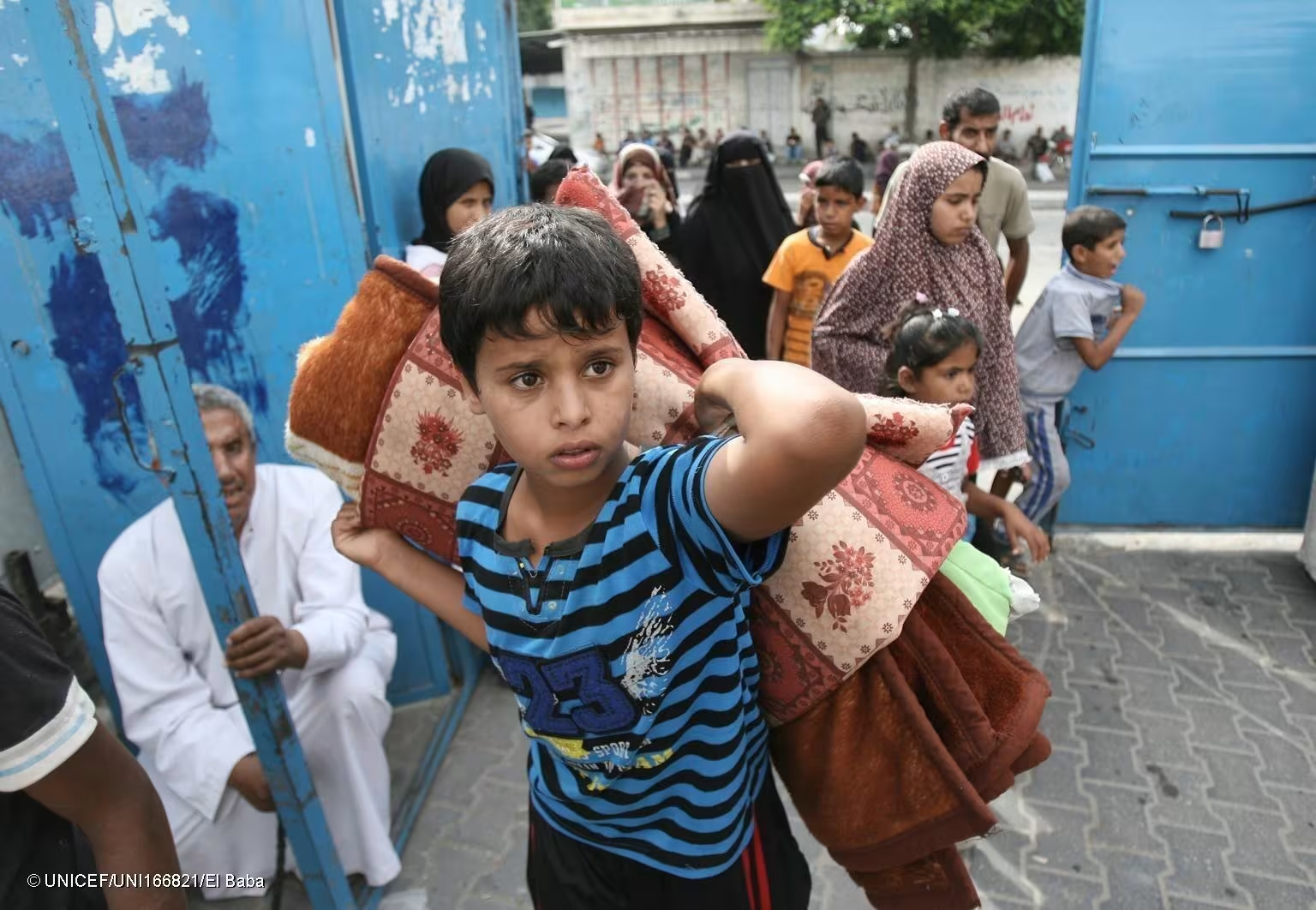
July 6, 2025
|
UNICEF
Strategic Outlook on AI and Blockchain for Humanitarian Use

July 3, 2025
|
UNFPA
Announcing winners of The Equalizer Challenge
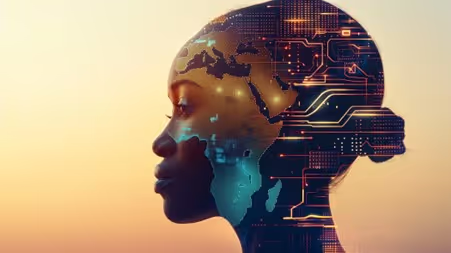
June 17, 2025
|
UNDP
What do we learn when we listen to the Global Majority on AI?
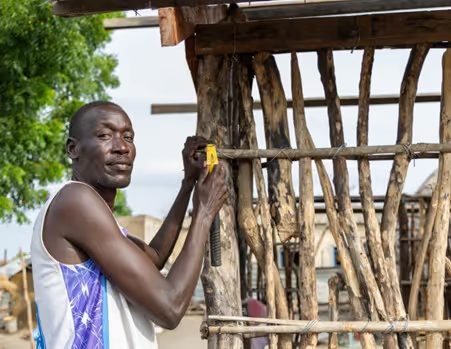
June 4, 2025
|
IOM
Recycled Bottles, Reclaimed Lives: A Shelter Innovation from South Sudan
Community members in Bentiu are building new homes using discarded plastic bottles, showcasing an innovative approach to shelter that transforms waste into durable, climate-resilient housing. Photo: IOM 2025/ Nabie Loyce
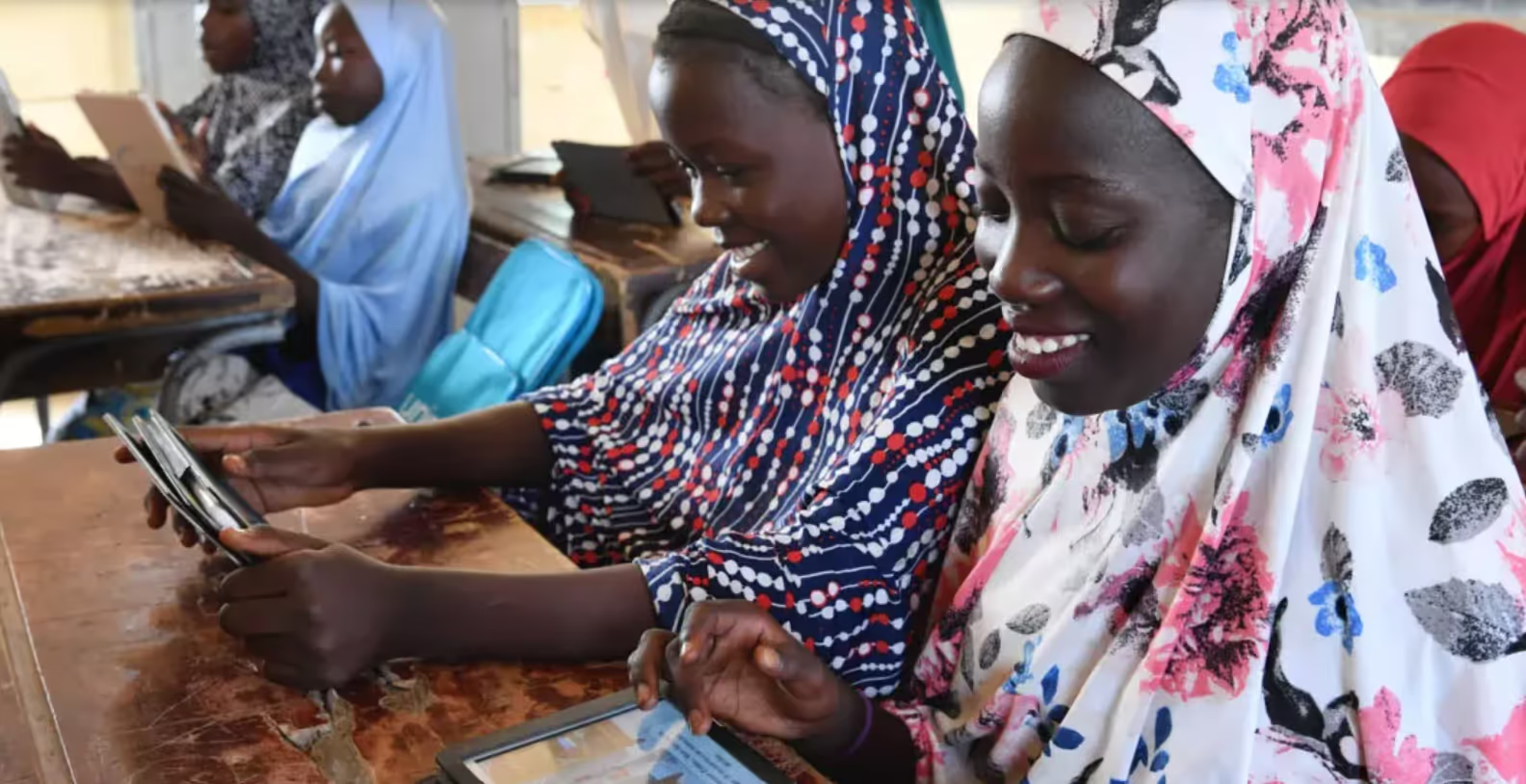
February 18, 2025
|
UNICEF
Top 10 reasons digital learning succeeds or fails: Understanding how we can unlock the potential of digital learning
UNICEF/UN0535988/Dejongh
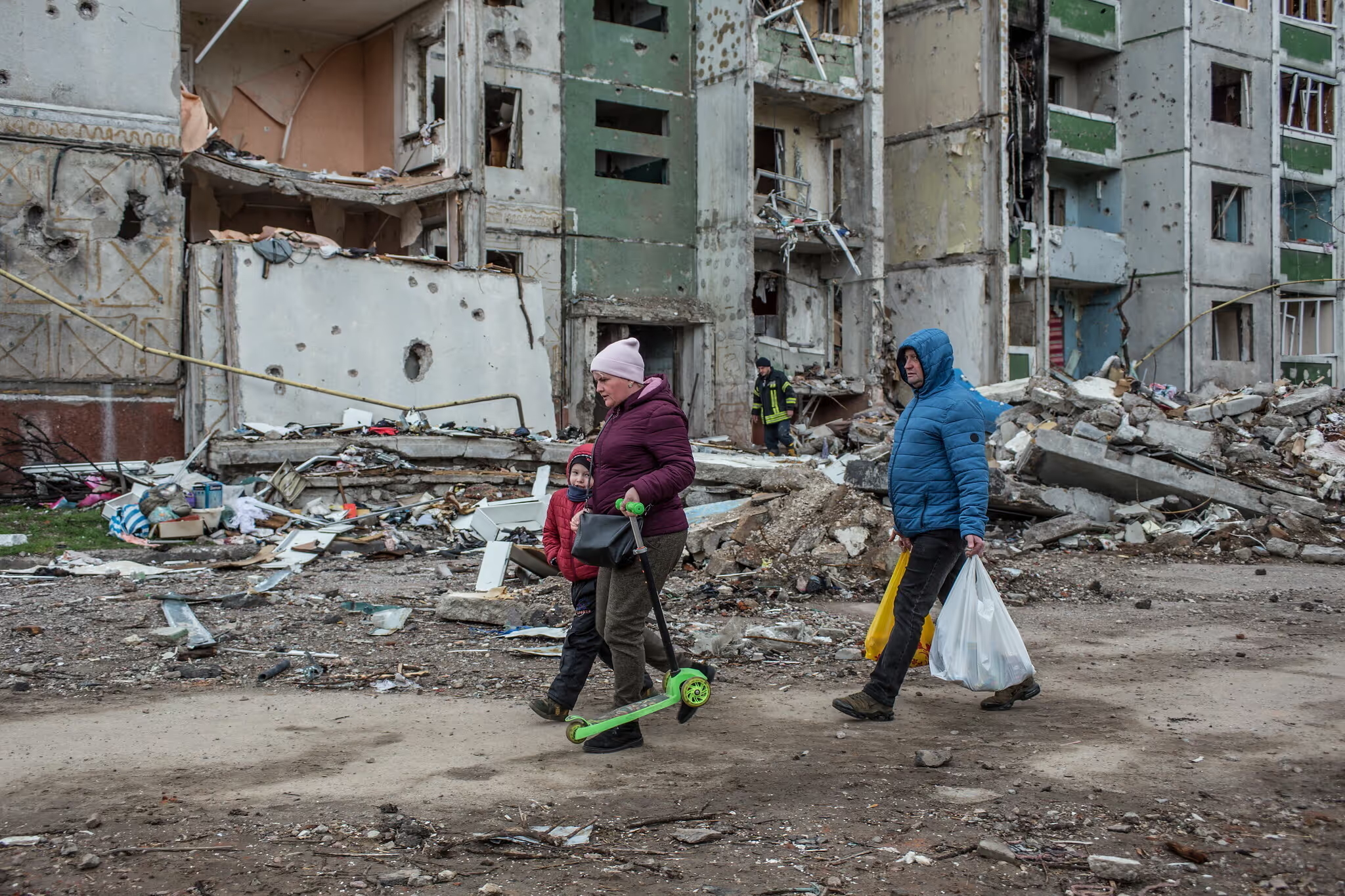
December 6, 2024
|
UNDP
5 ways AI can help crisis response around the world
Crisis response teams are working across Ukraine
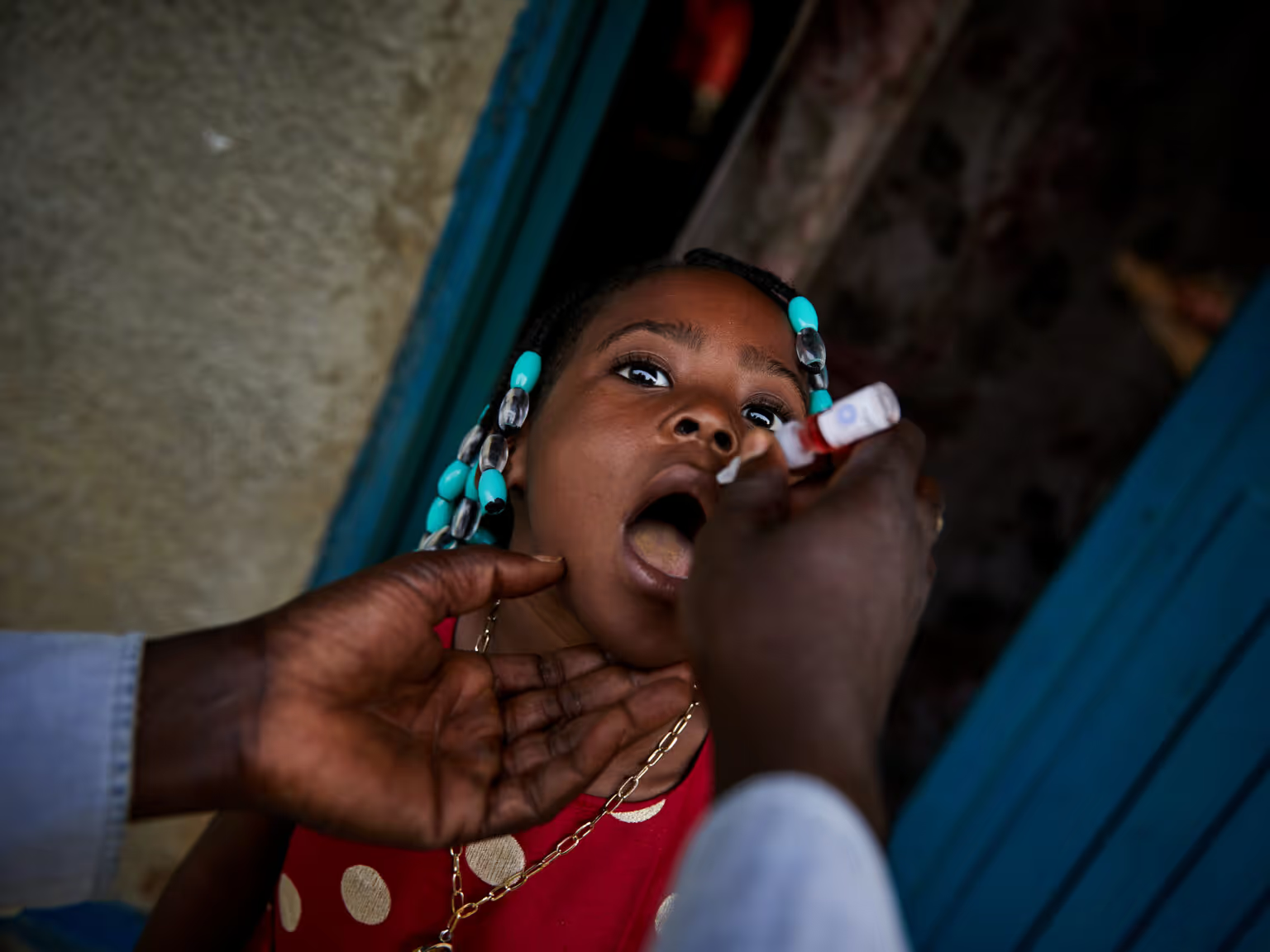
October 31, 2024
|
UN OCHA
OCHA’s Partnership with Meta Helps Find People in Need
A health worker dispenses a dose of Polio vaccine to a young child (age 4) in the town of Bandundu, DRC, February 2020. (World Health Organization)

October 16, 2024
|
UNDP
How Nature-Inspired Deep Tech is Shaping a Sustainable Future
This image was created by Author with the assistance of DALL·E 3
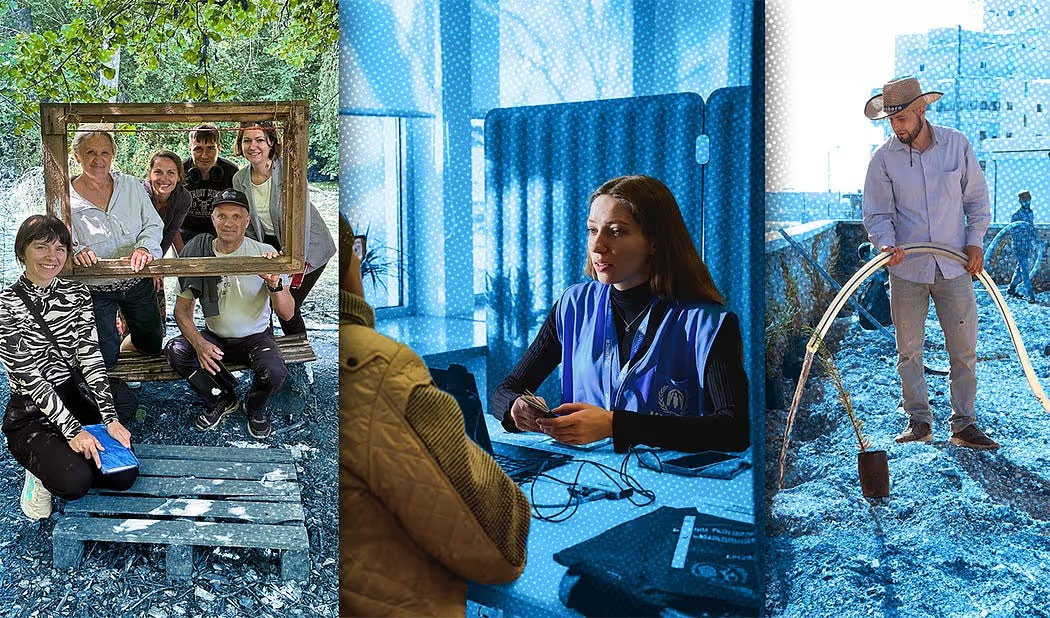
October 10, 2024
|
UNHCR
Innovating to support refugees’ mental health
Mental health support can empower refugees to cope with the challenges of displacement. Original photos: UNHCR Poland, UK for UNHCR/Ioana Epure, Syria Bright Future.
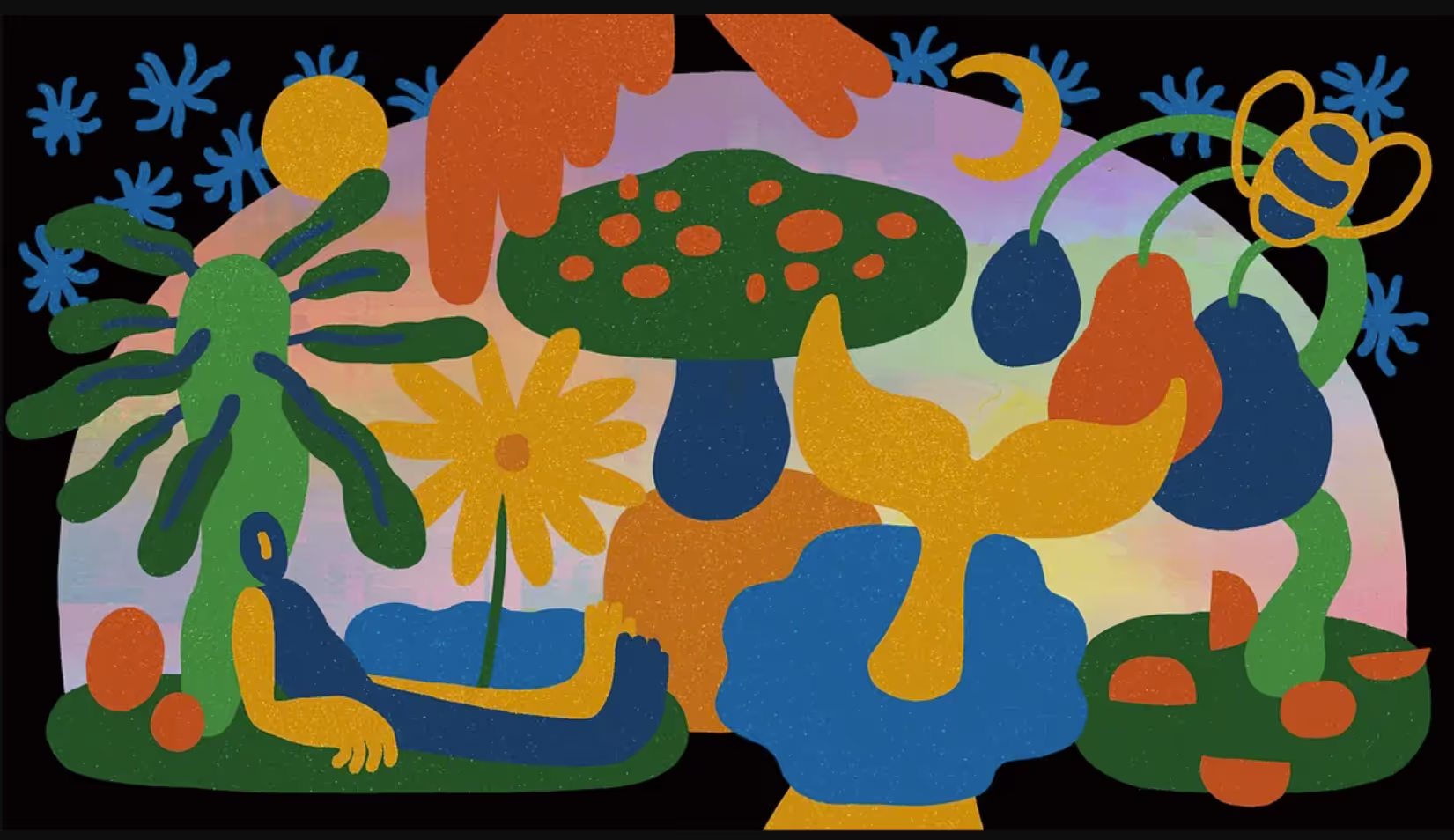
October 8, 2024
|
UN Global Pulse
A New Visual Adventure
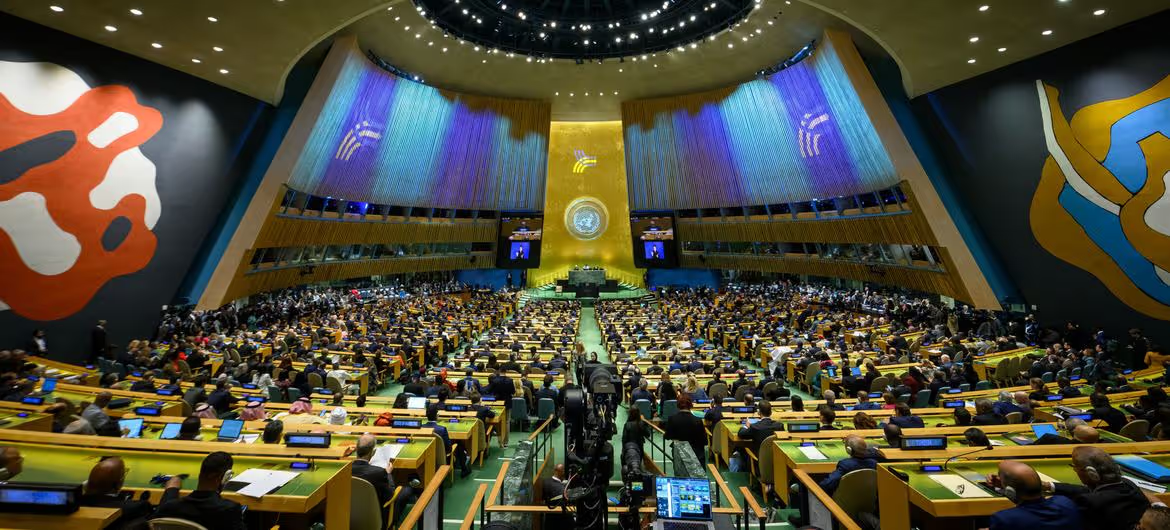
September 22, 2024
|
UN
Pact for the Future: World Leaders Pledge Action for Peace and Sustainable Development
World leaders on Sunday adopted the Pact for the Future, a landmark declaration pledging concrete actions towards a safer, more peaceful, sustainable and inclusive world for tomorrow’s generations.
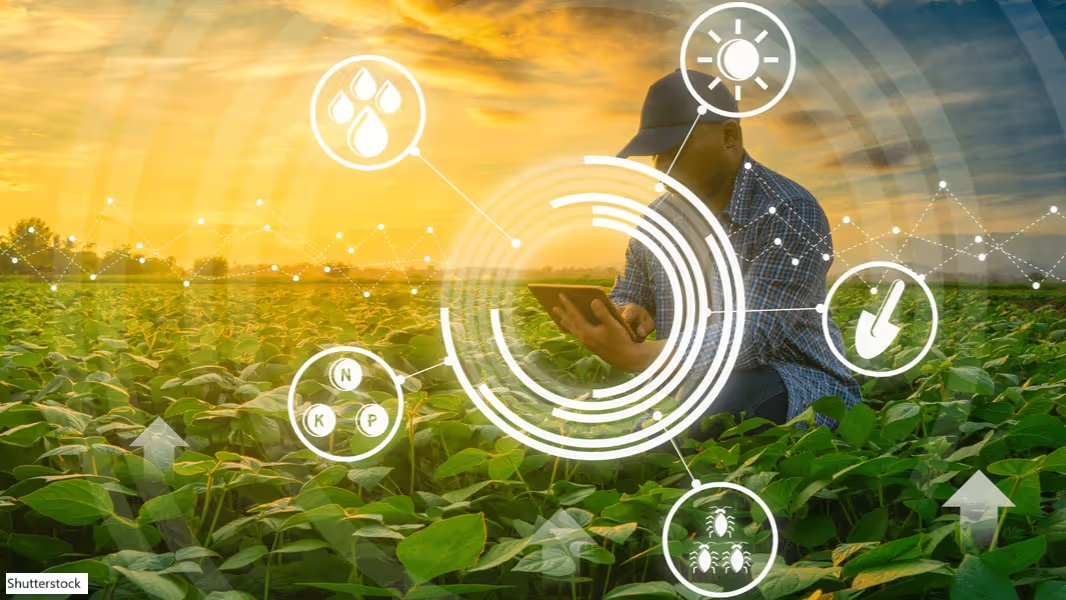
September 19, 2024
|
FAO
Empowering Farmers with Open-Source solutions
In a remote village in East Africa, an agronomist anxiously monitors his tablet, tracking a locust swarm threatening to devastate local crops. This is no ordinary threat—the Desert Locust, one of the most dangerous migratory pests on the planet, can utterly destabilize food security, and plunge millions into economic despair. With just one outbreak capable of impacting 65 of the world's poorest nations and up to 20% of the earth's land mass, the stakes couldn’t be higher.
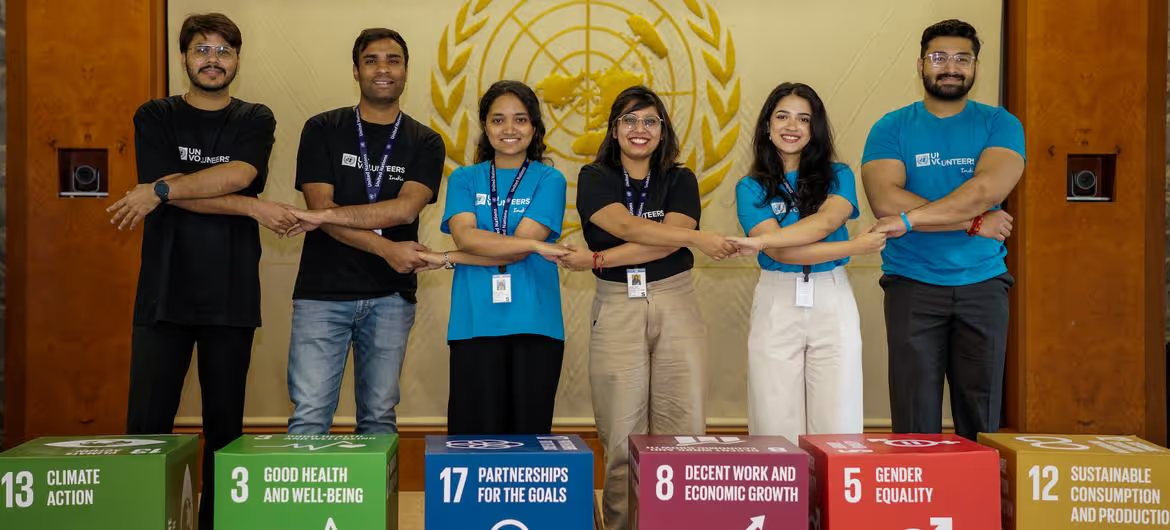
September 11, 2024
|
UN
Summit of the Future aims to make the UN more effective
The idea of the Summit of the Future is to render the United Nations, the multilateral system, more effective in the fulfillment of its mandate; to make it more participatory, more networked. Over 130 Heads of State and Government are expected to attend the landmark event, which will be held from 22 to 23 September, just ahead of the annual high-level debate in the UN General Assembly.
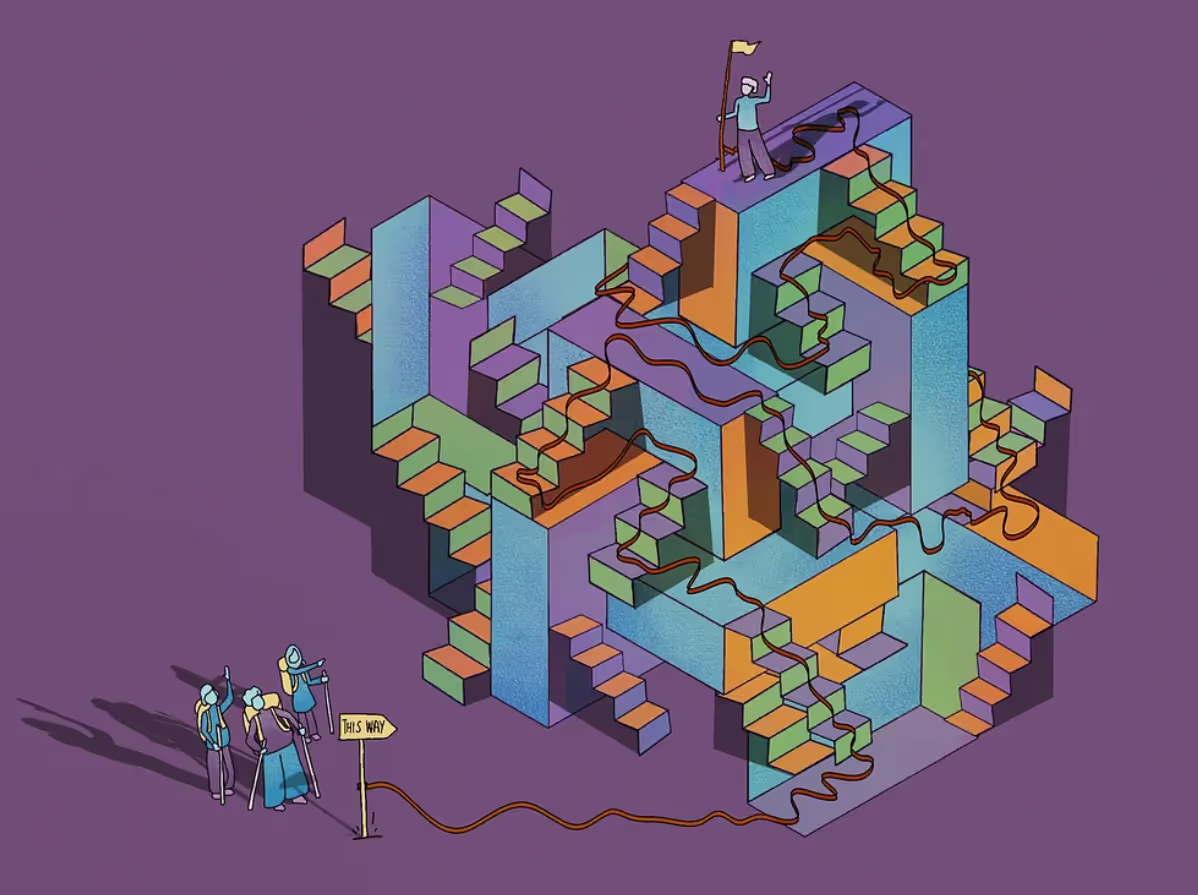
August 25, 2024
|
UN Global Pulse
Preparing Teams to Scale Innovations to the Summit
No one climbs to the top of Mount Everest without extensive preparation — and plenty of support.

August 6, 2024
|
UNFPA
Bridging the Digital Divide: UNFPA's Youth-Led Innovations
Young people playing the Netopoly Game. ©UNFPA Tunisia
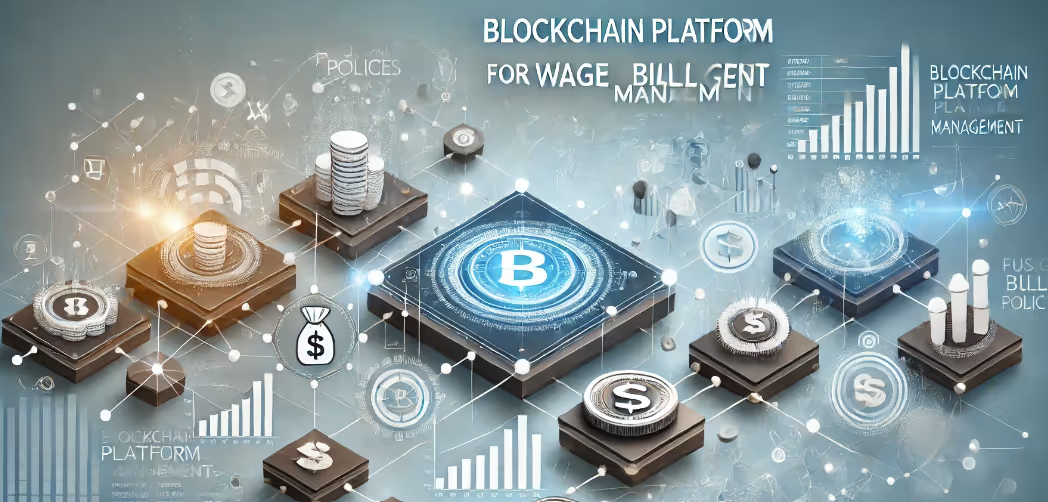
May 29, 2024
|
IMF
Guinea-Bissau: A Blockchain Platform to Strengthen Wage Bill Management Goes Live
“The blockchain solution detects discrepancies and raises red flags when salaries’ information is inconsistent. It reduces audit reporting and reconciliation burden; and provides reliable, timely and high-quality data to Artificial Intelligence models..."
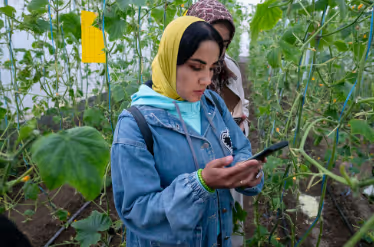
May 13, 2024
|
FAO
A human booster for digital innovation in Tajikistan
Previously there were many farming challenges such as when to use mineral fertilizers, when to irrigate and to treat against insects and diseases for which villagers could have done with expert advice but there was none at hand, he says. Now, information technology has brought the answers to their fingertips.
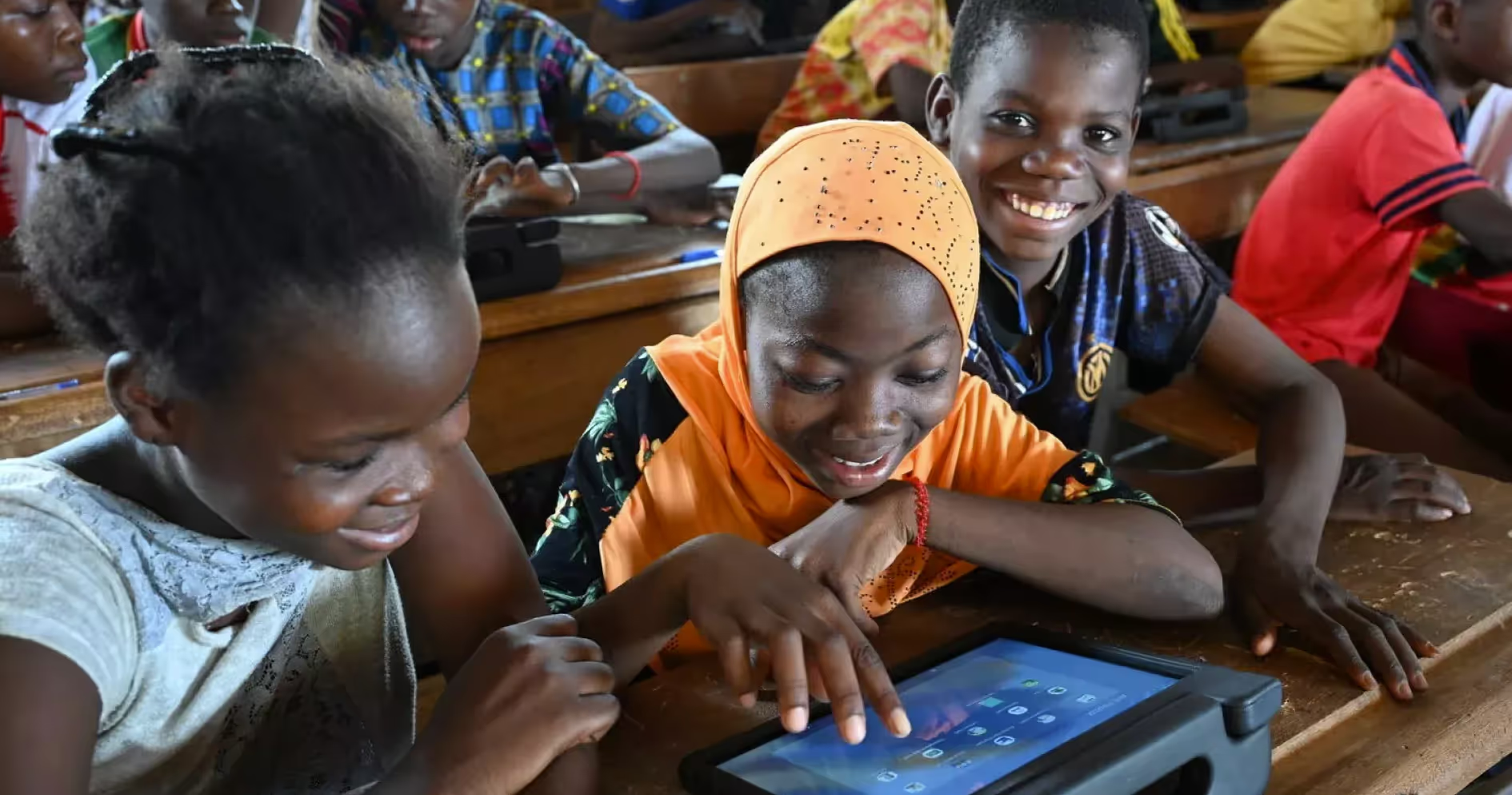
April 23, 2024
|
UNICEF
27 Start-Ups Announced as Founding Members of UNICEF Venture Fund Pledge
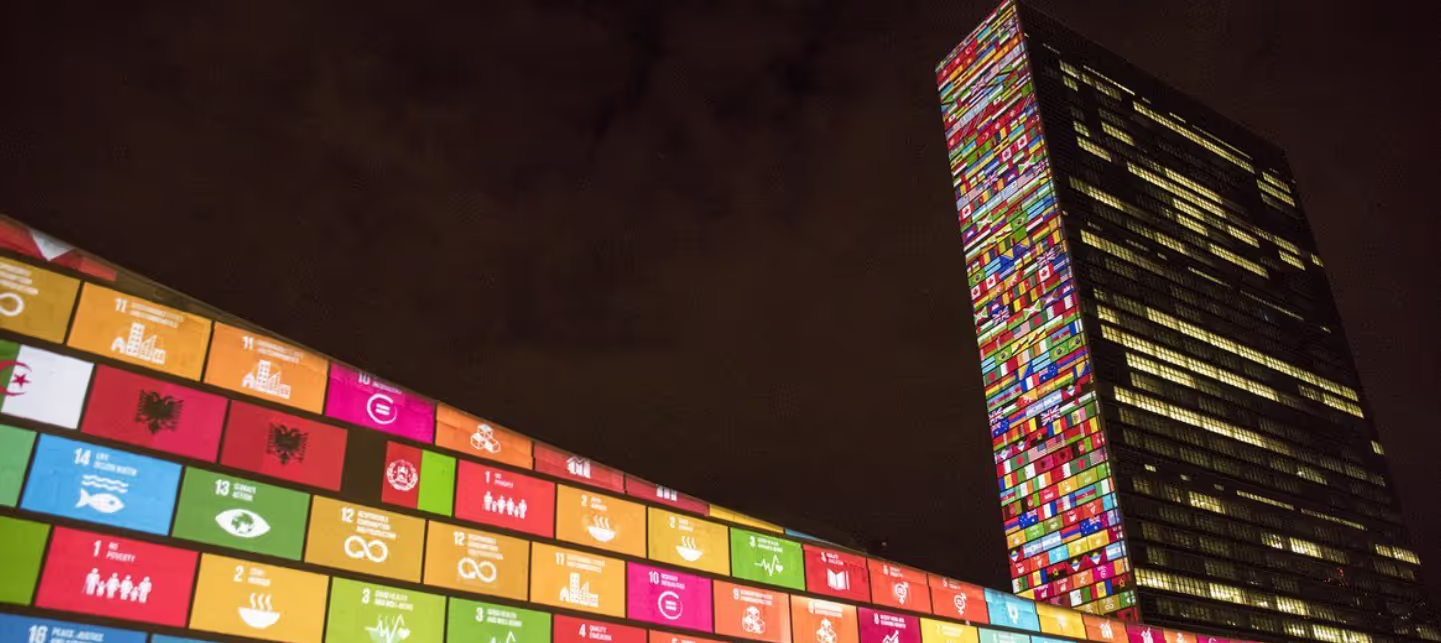
April 22, 2024
|
UN
Secretary-General calls for UN 2.0 to tackle 21st century challenges
"Amid multifaceted crises ranging from conflicts and climate to poverty and inequality, the world looks to the UN “to help deliver the better, safer and greener world we need..."

March 27, 2024
|
UNCDF
The Steep Climb of Female Founders in Tech in Uganda
As this year’s International Women's Day calls for investment in women to accelerate progress, a reality emerges in Uganda's developing innovation ecosystem. While the landscape has flourished in recent years, a significant funding gap persists, disproportionately impacting female founders.

March 21, 2024
|
UN
General Assembly adopts landmark resolution on artificial intelligence
The UN General Assembly on Thursday adopted a landmark resolution on the promotion of “safe, secure and trustworthy” artificial intelligence (AI) systems that will also benefit sustainable development for all.
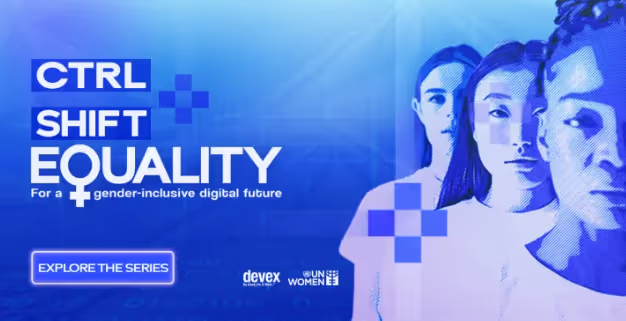
March 7, 2024
|
UN Women
Why gender equality in technology is more urgent than ever
Technology and gender equality are two key enablers for the Sustainable Development Goals, yet there is a lack of commitment to bridging the gender digital divide. UN Women’s Hélène Molinier explains.
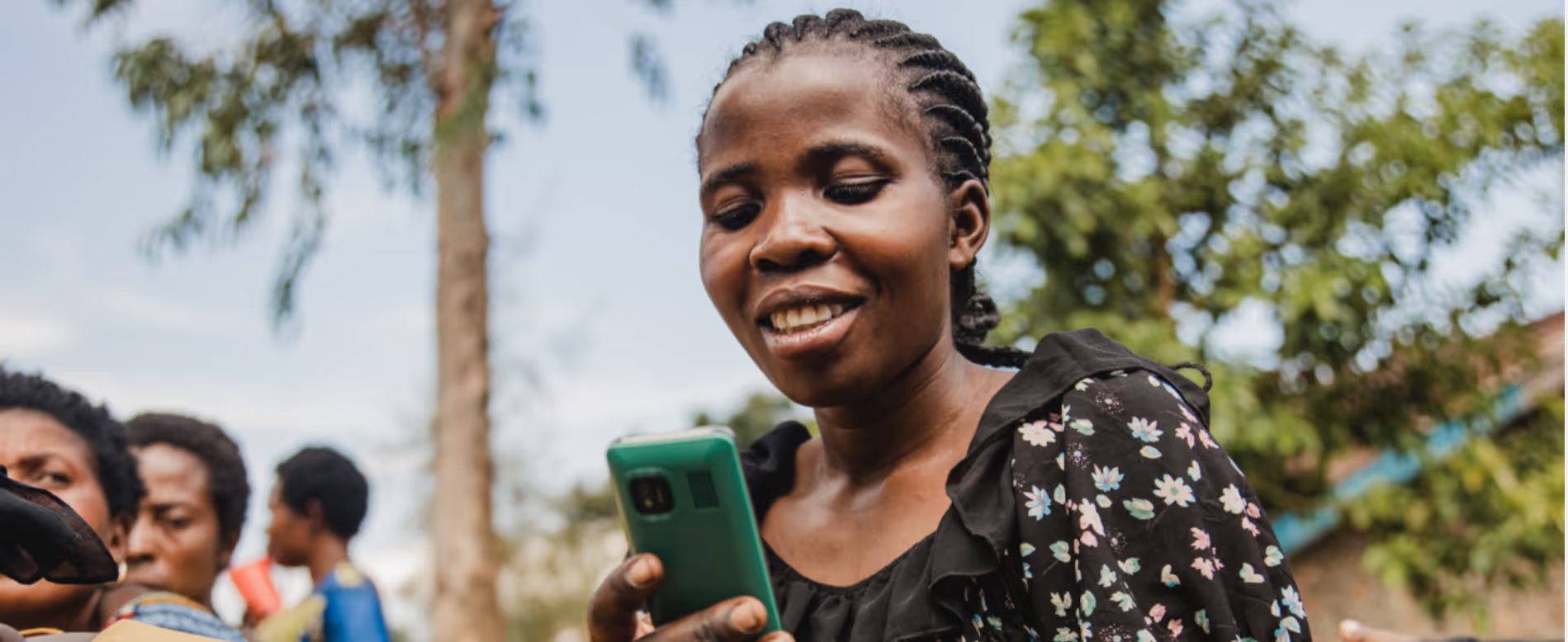
March 5, 2024
|
UNICEF
Digital public infrastructure – blessing or curse for women and girls?
Digital public infrastructure (DPI) can enhance public service delivery and help achieve sustainable development goals but its design and implementation must consciously address and bridge gender digital gaps to serve all citizens effectively.
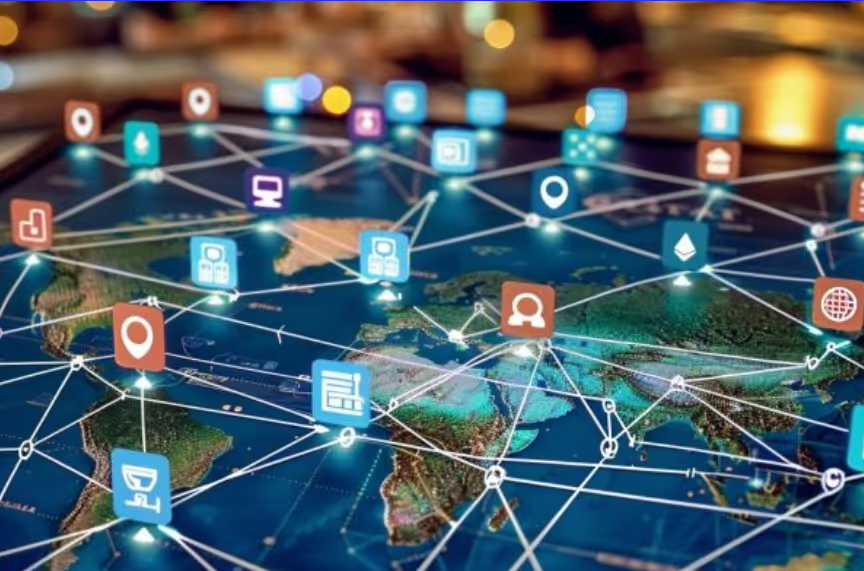
March 5, 2024
|
UNDP
UNDP’s leap on a blockchain odyssey – А digital revolution for sustainable development
Over the last decade, blockchain technology and cryptocurrencies have undergone a significant cycle of hype. As the Alternative Finance Lab (AltfFinLab) in the Innovation team at UNDP Europe and Central Asia, we were there to witness and learn more by experimenting ourselves. We are now convinced that we stand at a juncture where powerful technological solutions can also accelerate development endeavors. Read more about what we have learned and how we are planning to unlock the blockchain potential for development across UN(DP) through unrolling training programs and the use of blockchain-based solutions.
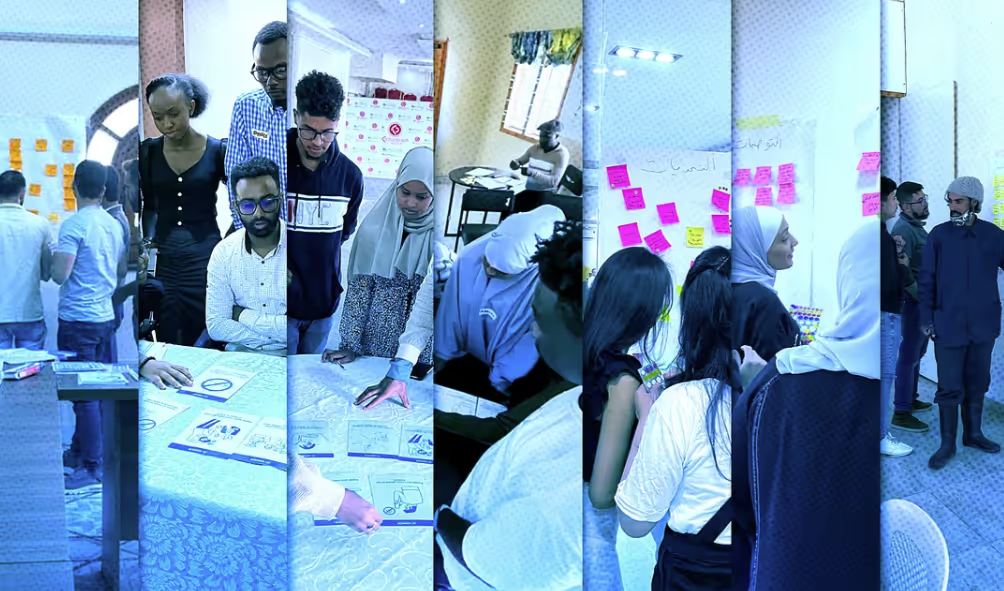
February 14, 2024
|
UNHCR
Taking a Participatory Approach to Enhancing Online Opportunities
At the beginning of 2023, UNHCR, the UN Refugee Agency, set out to better understand what does and does not work for refugees at each phase of their engagement with the digital economy — from preparatory training to working — and what solutions they think humanitarian and development actors should be pushing forward to make working online a safer, more inclusive route toward self-reliance.
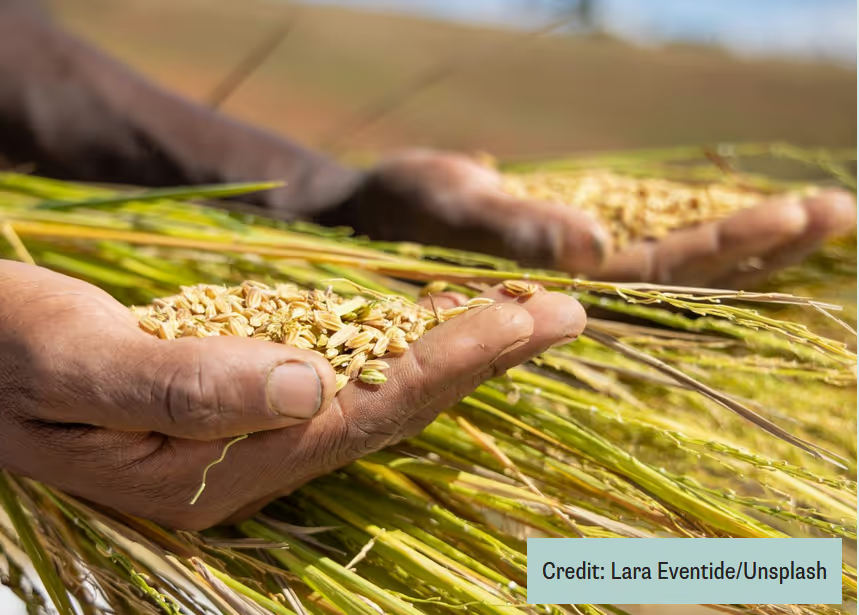
February 8, 2024
|
WFP
Assessing Hunger in the Age of Big Data: A Decade of Remote Monitoring
Hunger poses a perennial challenge that requires timely and cost-effective data for effective humanitarian action. Over the past decade, WFP has pioneered the adoption of a remote survey methodology that provides real-time data, marking a transformational step in producing the evidence needed for the fight against global hunger. Here, we explore the operational experiences within the humanitarian sector, the lessons learned, and the path forward.
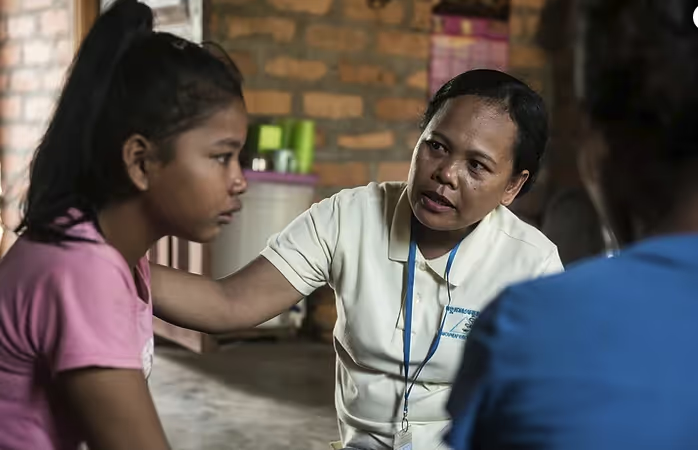
February 1, 2024
|
UNICEF
Primero - Protecting vulnerable Children from Violence
It is estimated that up to one billion children globally experience some form of violence each year, including physical, sexual and emotional abuse, neglect and bullying. Primero is a certified digital public good (DPG) for social services. As an open-source case management platform, it is optimized for attainment of the Sustainable Development Goals and for humanitarian structures and processes. Adopting Primero is enabling government partners and case workers to divert their energy away from wasteful manual documentation and administration towards providing the care and support that children and their families in vulnerable situations need
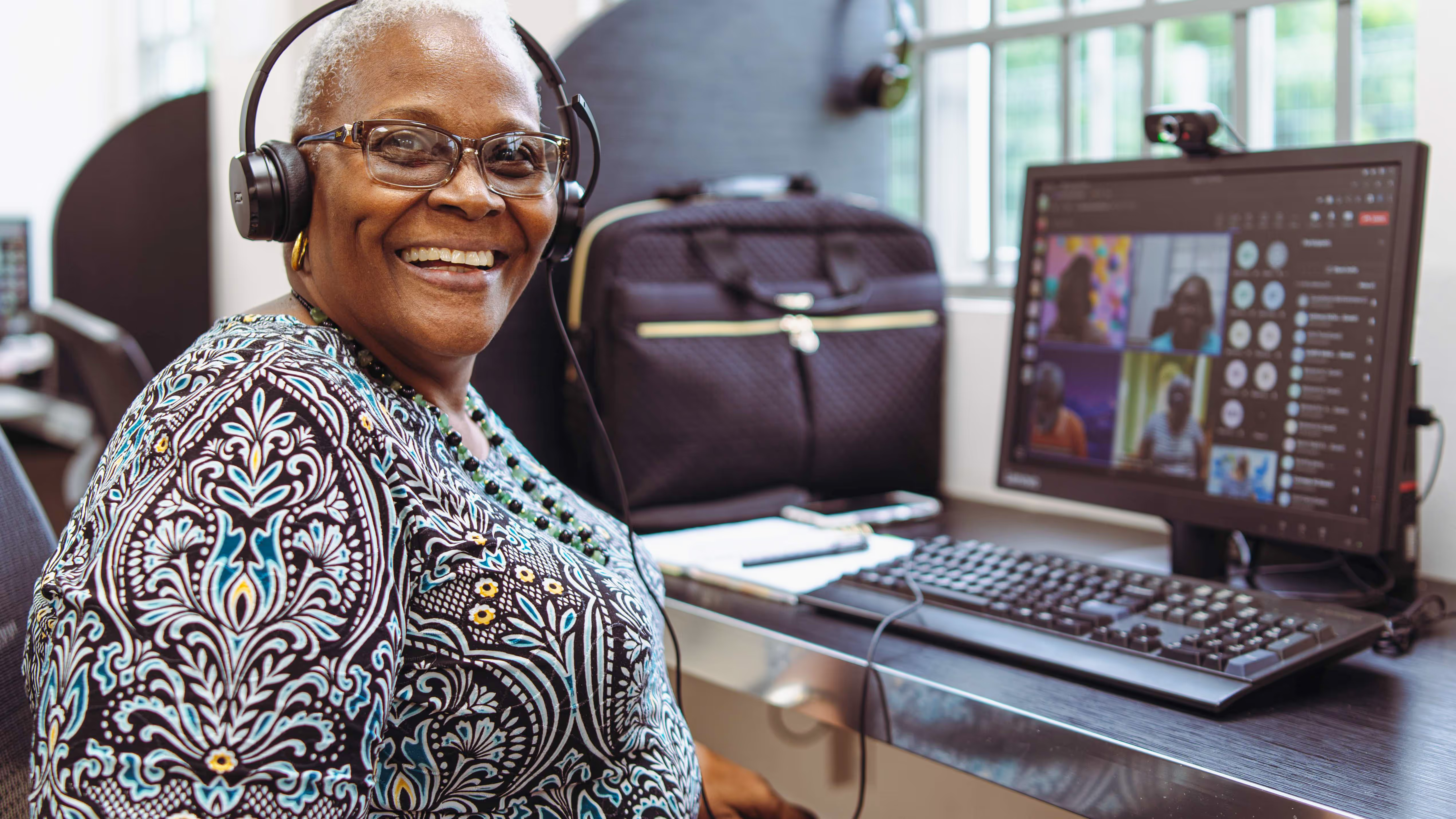
January 26, 2024
|
UNDP
From Developing to Digital - Charting the Course for SIDS' Transformation
Small Island Developing States, or SIDS, have long been pioneers in international development, often compelled by the challenges they face. Positioned on the frontlines of climate change, they lead efforts in mitigation, adaptation, and advocacy, and despite their geographical dispersion, they are innovating approaches to resilience and sustainability. SIDS are leveraging digital tools and technologies for real and positive impact on their countries and communities. They are leaders in internet gender parity, whilst a number perform strongly on global indices of cybersecurity. They are increasingly becoming Small Island Digital States.

January 25, 2024
|
UNFPA
One year on, Joint Innovation Challenge winners keep up the fight against gender-based violence
Ending gender-based violence will take commitment, compassion and, as demonstrated by the winners of the 2022 Joint Innovation Challenge, resourcefulness and creativity too. In March 2022, UNFPA, the United Nations sexual and reproductive health agency, in partnership with the World Intellectual Property Organization, the International Telecommunication Union and the International Trade Centre launched the Innovations to Empower Women and Girls challenge. The initiative supports social enterprises led or co-led by women and that provide creative solutions in the areas of maternal health, sexual and reproductive health, and gender-based violence. From a total of 300 submissions in 61 countries, 10 winners were chosen to receive funding and technical mentorship. One year on, three challenge winners whose projects address gender-based violence in their communities told UNFPA how they are more committed than ever to the cause.
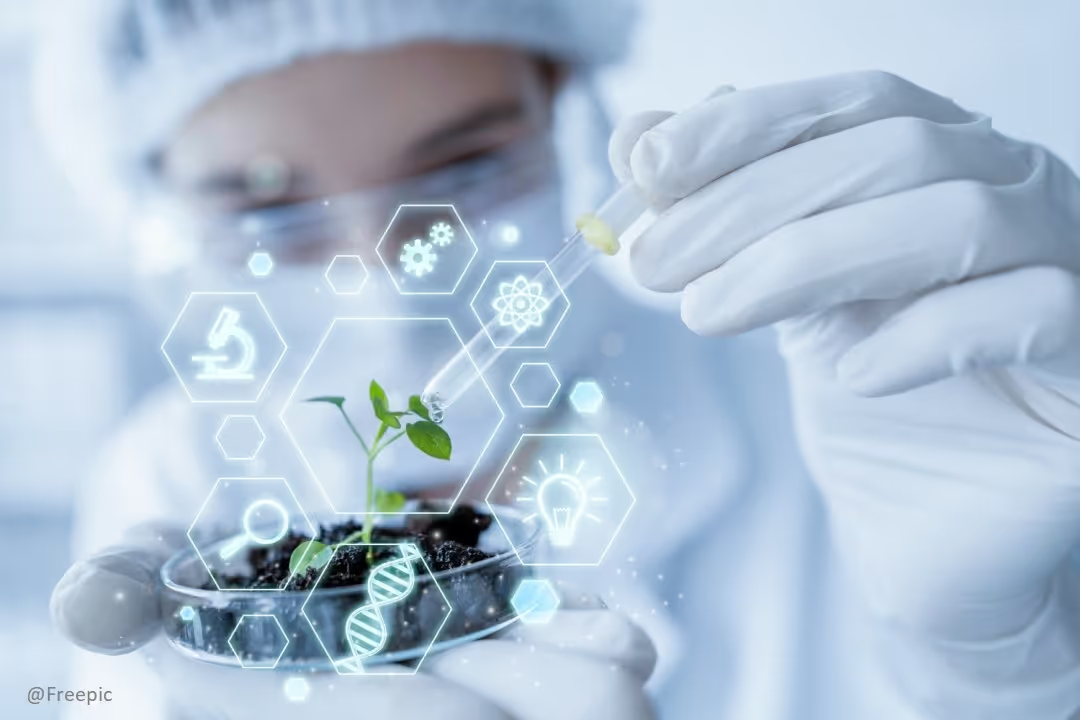
January 19, 2024
|
FAO
From Lab to Land: Innovating with Biotechnology and Leaving No One Behind
Nobody would blame you if you haven’t heard about the wonders of DT 10 mutant rice. But in Vietnam, its introduction, developed through agricultural biotechnology, has been a game changer. The rice has benefited more than 3 million farmers, increasing their collective income by USD $450 million.
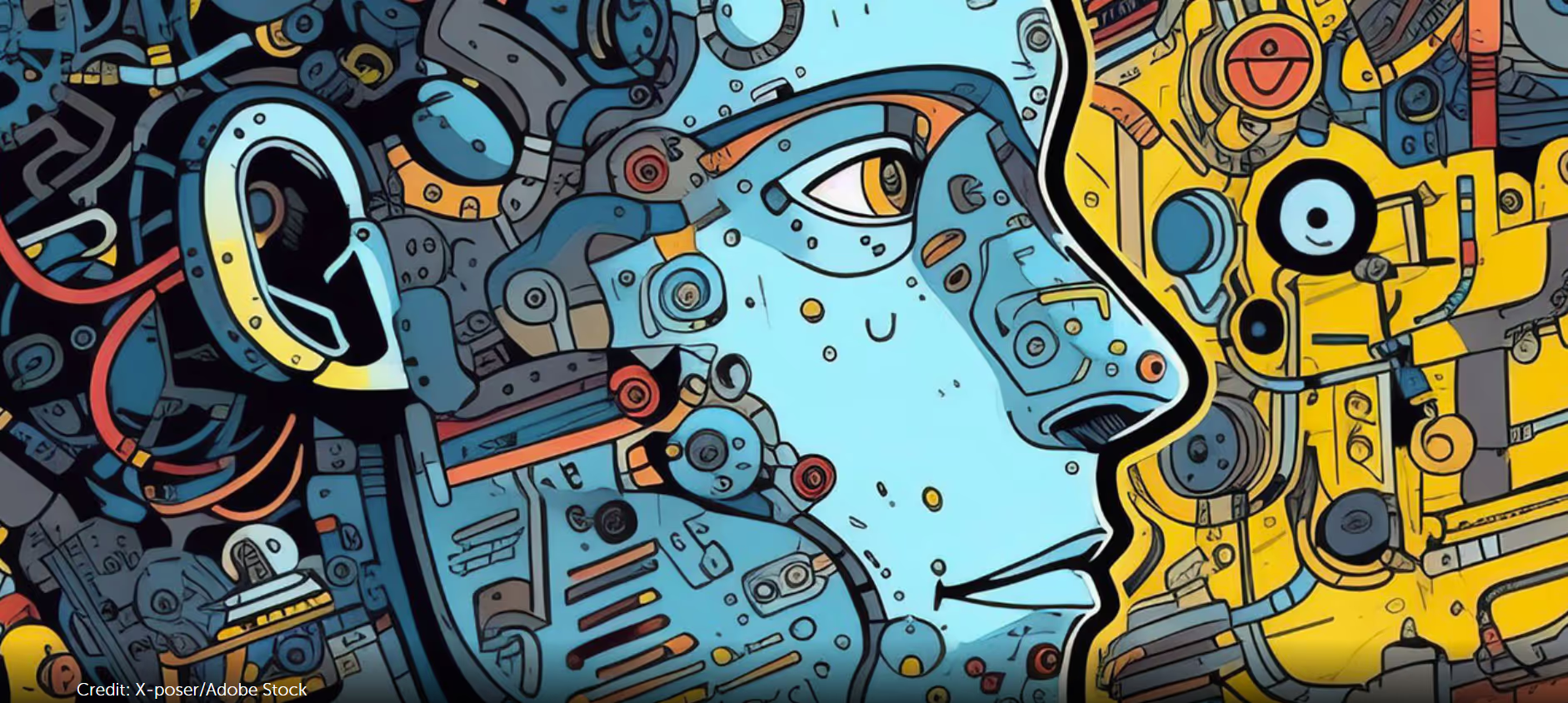
January 14, 2024
|
IMF
AI Will Transform the Global Economy. Let’s Make Sure It Benefits Humanity
AI will affect almost 40 percent of jobs around the world, replacing some and complementing others. We need a careful balance of policies to tap its potential.
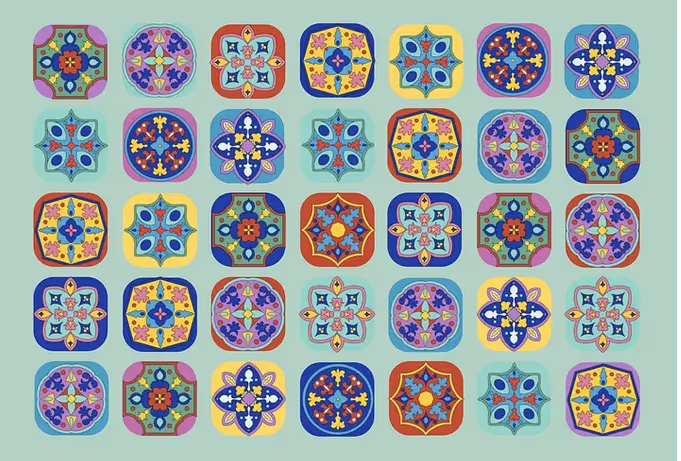
December 20, 2023
|
UN Global Pulse
Shaping Inclusive Foresight: A Fun, Educational Approach
UN Global Pulse wants to make futures and foresight thinking as accessible as possible for everyone. That means creating tools and approaches anyone can apply to help them imagine a better future — for the UN and the world. UN Global Pulse recently introduced the Futures Cards, a gamified learning experience designed to help individuals and teams develop their knowledge and skills in inclusive and participatory foresight. The deck of cards has recommendations on one side and “what if” prompts on the other side. Players take turns drawing cards and responding to the prompts or questions. “At Global Pulse, our guiding compass is that the future belongs to everybody, and everybody should be able to design it,” says Claudia Saénz Zulueta, Strategic Foresight Senior Analyst. “Trying to incorporate many people into the process is key to helping people shape the future they want to see. The gamification aspect of the cards tries to make it easier for people to generate ideas and share their reflections.”

December 20, 2023
|
UN - DPPA
How Emerging Technologies are Reshaping Peace and Security
The rapid pace of technology is not only transforming our daily lives and work but also reshaping our understanding of peace and security. As 2023 draws to a close, we at the Innovation Cell in the UN Department of Political and Peacebuilding Affairs (UN DPPA) are closely monitoring four technology trends: Generative Artificial Intelligence, Quantum Computing, Blockchain and the Metaverse.
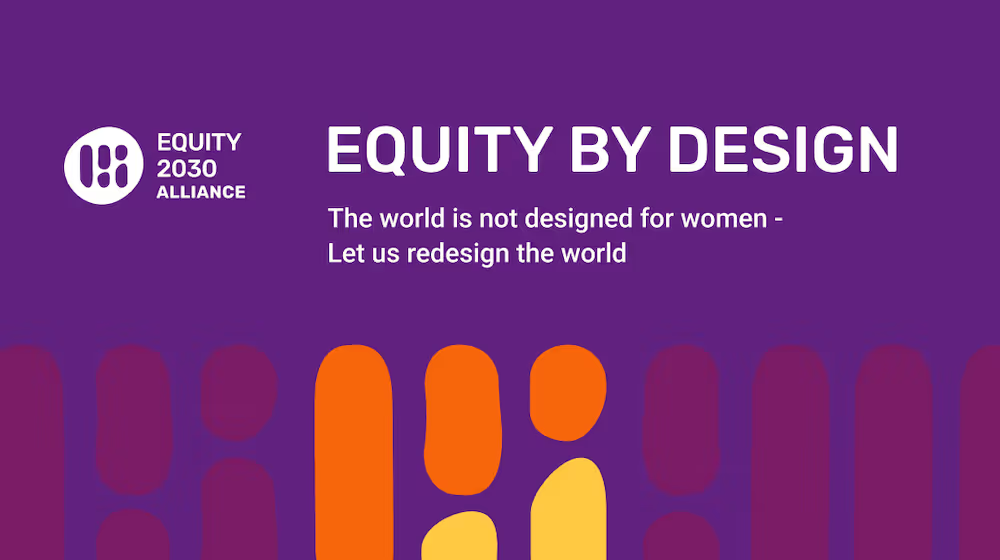
December 18, 2023
|
UNFPA
An Unequal World: Designing a Safer, Healthier Place for Women and Girls in Argentina, Cameroon and Uganda
What would the world look like if it was designed by and for women? For one thing, it would be safer. Cars would be equipped with crash systems tested to protect all types of bodies, and personal protective equipment would be sized to fit female health-care workers as well as their male counterparts. It would also be more equitable. There would be more women working across science and technology, and new innovations would combat, rather than reinforce, old gender stereotypes. Unfortunately, this is not yet the world we live in. But it is one imagined possible by the members united under the Equity 2030 Alliance, a global initiative from UNFPA, the United Nations sexual and reproductive health agency, to realize gender equity in science, technology and financing before the decade’s end.

November 30, 2023
|
UNESCO
How generative AI is reshaping education in Asia-Pacific
The integration of generative artificial intelligence in education has emerged as a transformative force in the Asia-Pacific region, presenting both opportunities and challenges for educational systems.
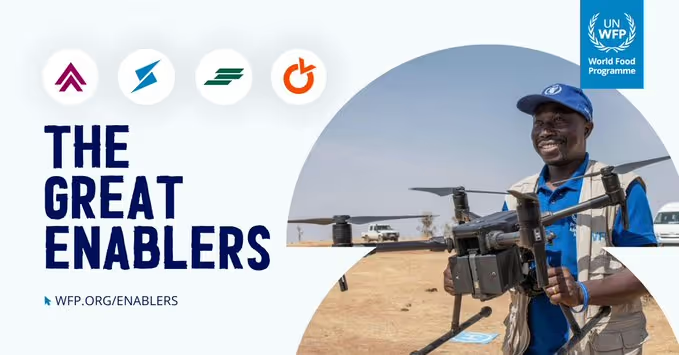
November 11, 2023
|
WFP
The Great Enablers: Powering innovation, technology and partnerships to enable WFP’s mission
When people’s lives are hit by conflict, disaster, or famine, every second and every mile can be the difference between life and death. For decades, WFP has used innovation and technology to shorten the difficult last mile it travels to reach people in need. What’s new are the speed, scale, and partnerships with which we are bridging that gap to bring people food security, stability, and opportunities for sustainable solutions to food insecurity.
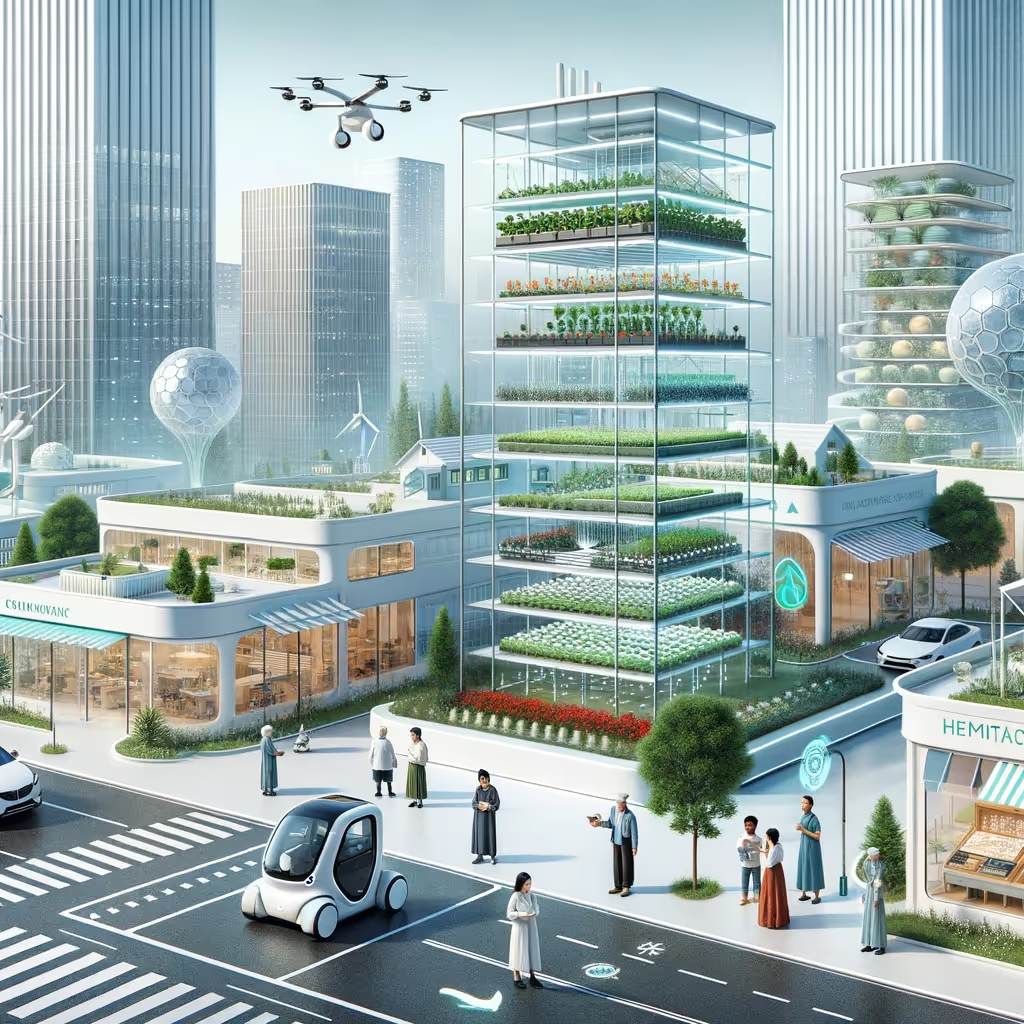
November 9, 2023
|
UNDP
Harnessing Deep Tech for Global Development
Deep tech is fundamentally rooted in scientific discoveries or engineering breakthroughs, translating theoretical possibilities into real-world applications. Instead of business model innovation, deep tech ventures rely on leveraging novel technologies as enablers of competitive advantage. In contrast to conventional tech, which often focuses on refining existing technologies and incremental improvements, deep tech, often navigating through lengthy and uncertain R&D cycles, seeks to redefine boundaries and reshape the established paradigms. Some examples of deep tech are quantum computing, synthetic biology, and advanced biomimetic materials.
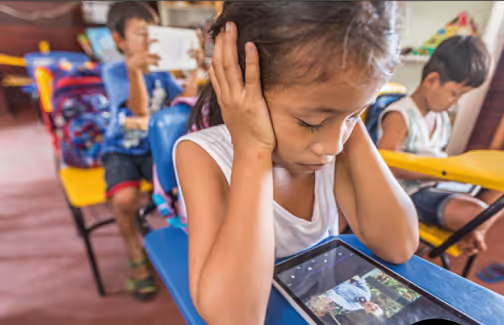
October 5, 2023
|
UNESCO
Advancing Education with Technology
Teachers are crucial for the successful integration of technology in education. Keeping teachers and students at the forefront of education technology is a must but within a student-centred approach. Digital tools should enhance, not replace, the essential teacher-student interaction for better learning outcomes. Technology is transforming teaching worldwide and could, when mastered, equip teachers with tools to focus on student needs, providing access to various resources and encouraging meaningful interactions in the classroom. But technology adoption by teachers is not straightforward.

September 29, 2023
|
UN Women
How AI replicates existing biases
AI language models draw their material from already published information, meaning that they can replicate and amplify existing gender biases. As Sasha Luccioni, Research Scientist and Climate Lead at the machine learning company Hugging Face, put it, “AI bias doesn’t come from thin air – it comes from the patterns we perpetuate in our societies”. And those societies are struggling to achieve gender equality. “It should particularly alarm us that the attitudes of young men seem to be going backwards”, said UN Women Executive Director Sima Bahous, citing a recent survey showing that 58 per cent of young men aged 16 to 19 believe that men are better political leaders than women. With such views so widespread, it should come as no surprise that AI, in an attempt to mimic human expression, would reproduce stereotypes. In fact, in the words of Leonardo Nicoletti, a data visualization journalist at Bloomberg, “Generative artificial intelligence doesn’t just replicate stereotypes or disparities that you see in the real world, it actually exacerbates these and makes them appear much worse than they really are”.
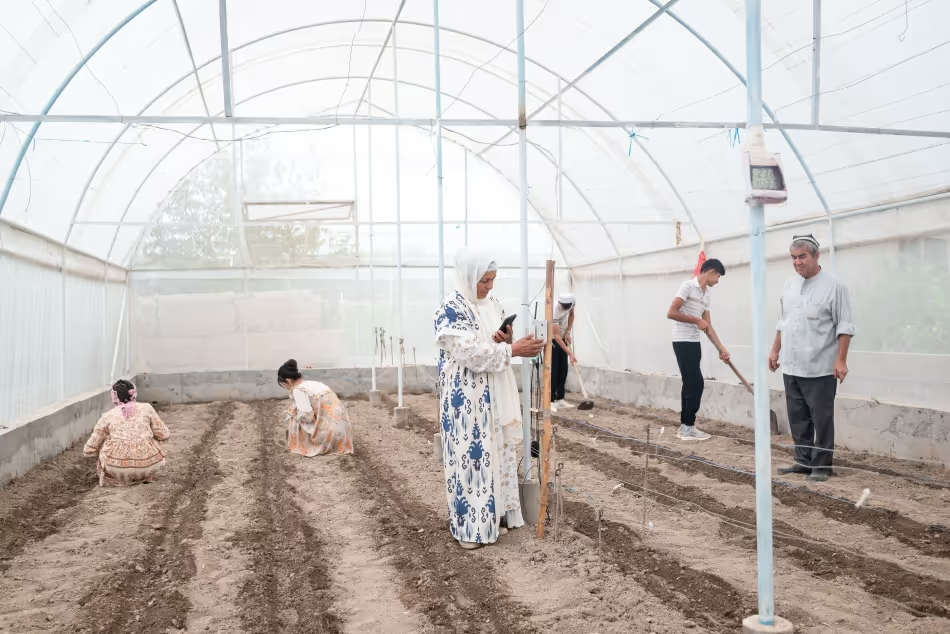
September 15, 2023
|
FAO
Embracing change with the Digital Villages Initiative in Uzbekistan
In the heart of the Fergana Valley, Shaodatkhon Oripova, a 62-year-old mother of three, combats the challenges of rural farming with modern technology. Embracing the power of the internet of things, she exemplifies the transformative wave that the Digital Villages Initiative of the FAO brings to farming communities in Uzbekistan. Shaodatkhon has faced several challenges as a smallholder, with problems surrounding water scarcity, changing climate conditions, and rising production costs. “In the past,” she said, “a lot of my earnings would disappear into paying for water bills and buying fertilizers.” However, with the introduction of digital sensors connected to the internet, Shaodatkhon has managed to better control temperature, humidity, light, and soil moisture in her now-smart greenhouse. This has contributed to improvements in irrigation, ventilation and pesticide use, leading to increased production and lower costs.
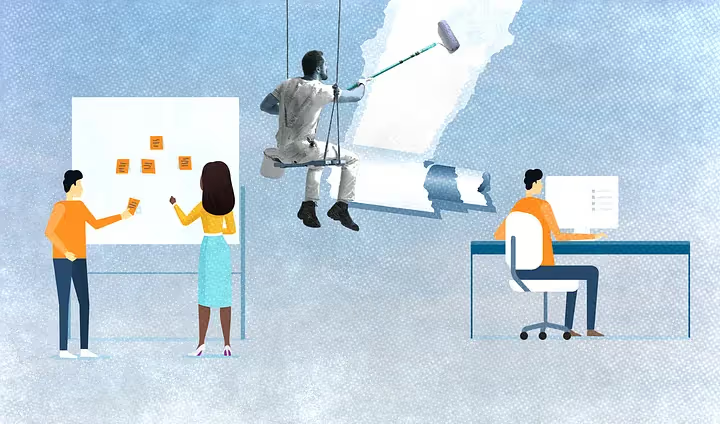
September 5, 2023
|
UNHCR
Addressing the Digital Learning-to-Earning Gap
There’s a lot of buzz in the humanitarian community surrounding the potential for digital platforms to facilitate improved livelihoods for forcibly displaced people around the world. And no wonder. Digital platforms are transforming the nature of work and income generation for everyone. From remote employment facilitated by online collaboration tools to microwork and gigwork marketplaces, the opportunities to make or supplement a living using digital tools are broad and varied. Those working with and for refugees are right to consider the digital economy a source of opportunity — especially given the case for economic inclusion and the documented challenges faced by the displaced when it comes to seeking employment. An initial wave of enthusiastic experimentation with digital-enabled livelihood programming has already begun to yield a mix of results and learning opportunities. One phenomenon that has emerged is the learning-to-earning gap. Here, we look to unpack this concept and put forward some practical recommendations to account for it in programme design using simple human-centred design methodologies.
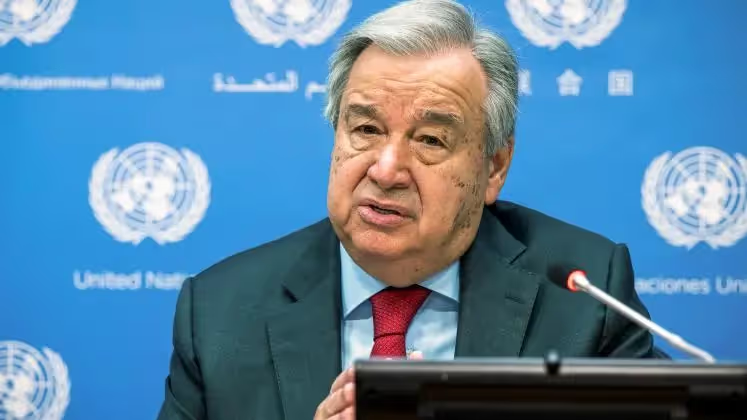
August 28, 2023
|
UN EOSG
Secretary-General António Guterres Convenes Critical Body to Debate Global Governance of Artificial Intelligence
Breakthroughs in artificial intelligence (AI) promise a cornucopia of benefits, according to the optimists: wealth creation across the economy, novel treatments for cancer, better prediction of weather, self-driving vehicles and more. The pessimists worry about disinformation, restriction of freedoms, reinforcement of biases and structural racism, unmanageable shifts in labour markets, autonomous weapons, and further entrenchment of tech monopolies. Regardless of where you stand on the optimism-pessimism continuum, this is an important moment. Generative AI based on internet-scale datasets has shaken up the tech industry, caught the popular imagination and made governments sit up and take notice. (...) These are the reasons why the UN Secretary-General has welcomed calls by experts and Member States for the creation of a new UN entity to support collective efforts to govern this extraordinary technology inspired by models such as the International Atomic Energy Agency.
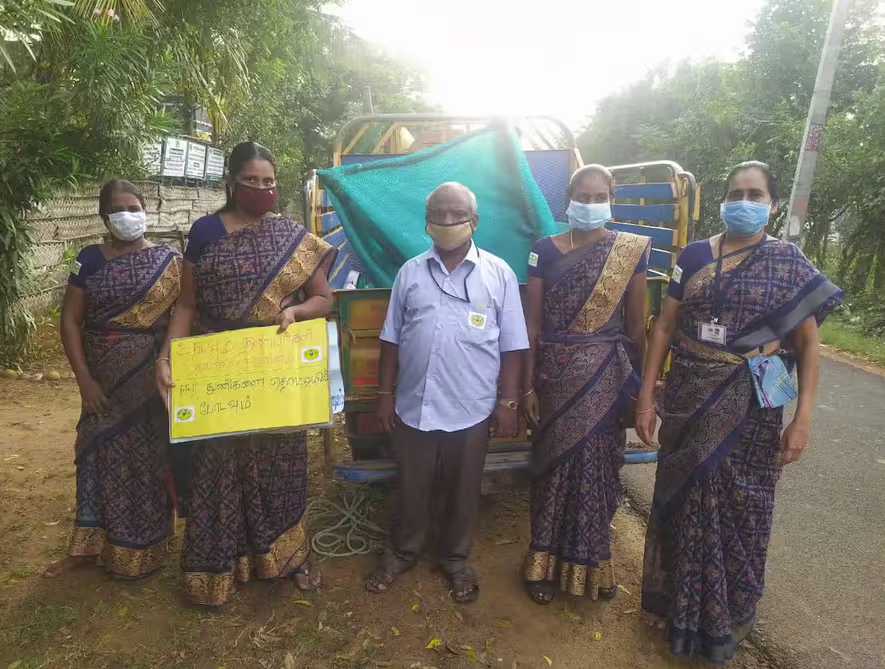
August 20, 2023
|
UNU
How ChatGPT might be able to help the world’s poorest and the organisations that work with them
ChatGPT has been touted as a tool that is going to revolutionise the workplace and home. AI systems like it have the potential to enhance productivity but could also displace jobs. The ChatGPT website received 1.5 billion visits last month. Though no comprehensive statistics exist, these users are likely to be relatively educated, with access to smartphones or computers. So, can the AI chatbot also benefit people who don’t have all these advantages?

August 14, 2023
|
UN Global Pulse
If you want to move forward, you can’t only look back
“COVID made obvious the pitfalls of simply reacting to events,” says Fabio Losa, economist for the UN Resident Coordinator Office (RCO) in Madagascar. In a country frequently exposed to shocks, “we need to strengthen the resilience of people and institutions through preparation, prevention and anticipation of future events.” UN Madagascar found support from UN Global Pulse, the Secretary-General’s Innovation Lab and other UN partners in using new tools of strategic foresight and systems thinking to transform planning and sustainable development programs. Lessons learnt could benefit many UN development teams around the world. In Madagascar, as in most places and most organizations, planning for the future has usually been based on data from the past. But can you really drive forward if you’re only looking in the rear-view mirror?
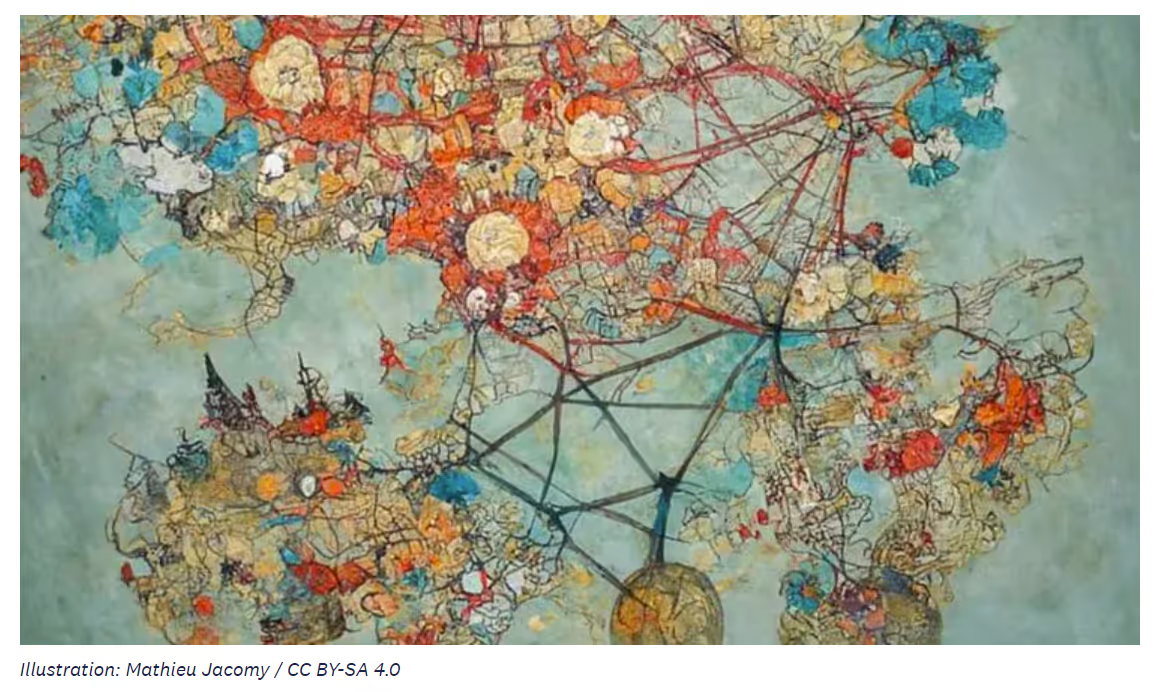
July 28, 2023
|
UNU
Algorithm Bias — Synthetic Data Should Be Option of Last Resort When Training AI Systems
To avoid creating AI systems that are imbalanced and biased towards specific genders or populations, synthetic data should be used cautiously.
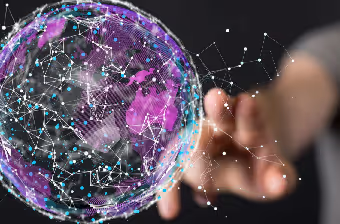
July 26, 2023
|
UNIDO
Unleashing the Power of Automation: Travel Requests made easier
UNIDO is leveraging the power of Robotic Process Automation (RPA) to streamline the processing of travel advances and settlements, resulting in substantial time savings and improved user experience.
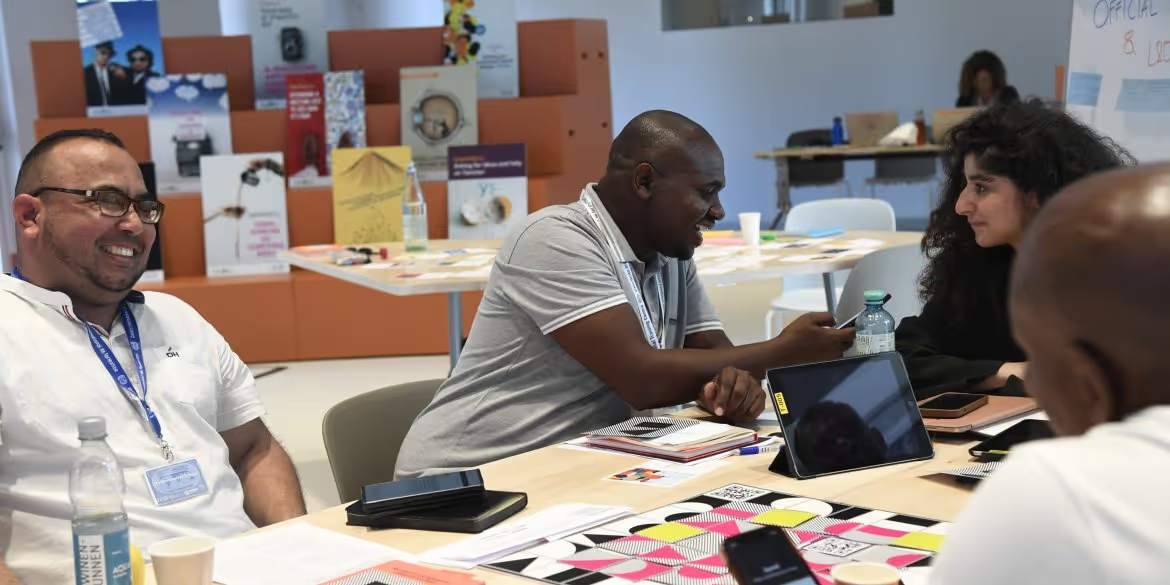
July 18, 2023
|
ITCILO
ITCILO Teaches About AI Through Play
The conversations around AI these days seem to be polarized. On one side, you have the advocates hyping up how AI will solve all our problems. On the other hand, the critics are warning about robots taking over the world. The truth is, AI is complex with many nuances, and we need to move beyond this binary way of thinking to find a deeper, more realistic understanding. The ITCILO AI gameboard aims to increase AI literacy through meaningful discussions. Rather than framing AI as purely positive or negative, it helps people explore the opportunities and challenges, myths and facts.
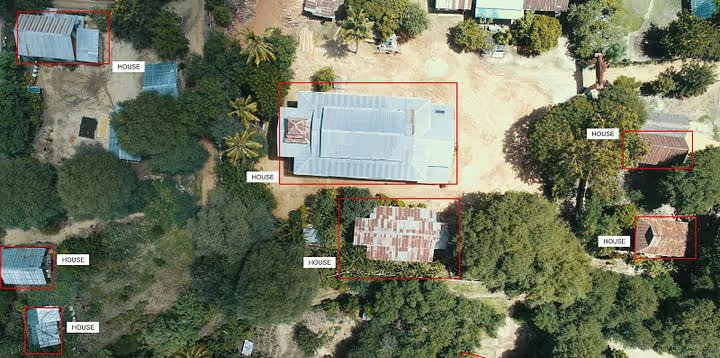
July 3, 2023
|
WFP
Revolutionizing Disaster Response with SKAI
A lack of on-the-ground information at the start of a humanitarian crisis is a major obstacle to a quick and effective response. Being able to understand the situation on the ground and the best ways to access and assist affected populations is critical. This is particularly difficult in locations where infrastructure and communications networks may be damaged or disrupted. Developed by the World Food Programme (WFP) in collaboration with Google Research, SKAI is revolutionizing the way we respond to emergencies and deliver food to people in need, faster and more effectively. SKAI has proven to be 13 times faster and 77 percent cheaper in near real-time post-disaster building damage assessment operational situations.

June 20, 2023
|
UNDP
How Digital Public Infrastructure Can Catalyse Development
Digital transformation can accelerate progress towards the SDGs but is not always being implemented in a strategic or joined-up way – and learnings are not often shared widely. The world is at the midway point of the implementation of the 2030 Agenda and we are significantly behind. Close to 50% of the SDGs are not showing sufficient progress, and some 30% have either seen no movement or regressed. Digital could be a valuable tool to get us back on track. This is in part due to a reliance on closed-source or proprietary solutions. Digital public infrastructure (DPI) is an approach to digital transformation that emphasises open solutions, open standards and open protocols. Shaping a DPI approach could accelerate countries' digital public service delivery, catalyse private sector innovation and drive sustainable development.
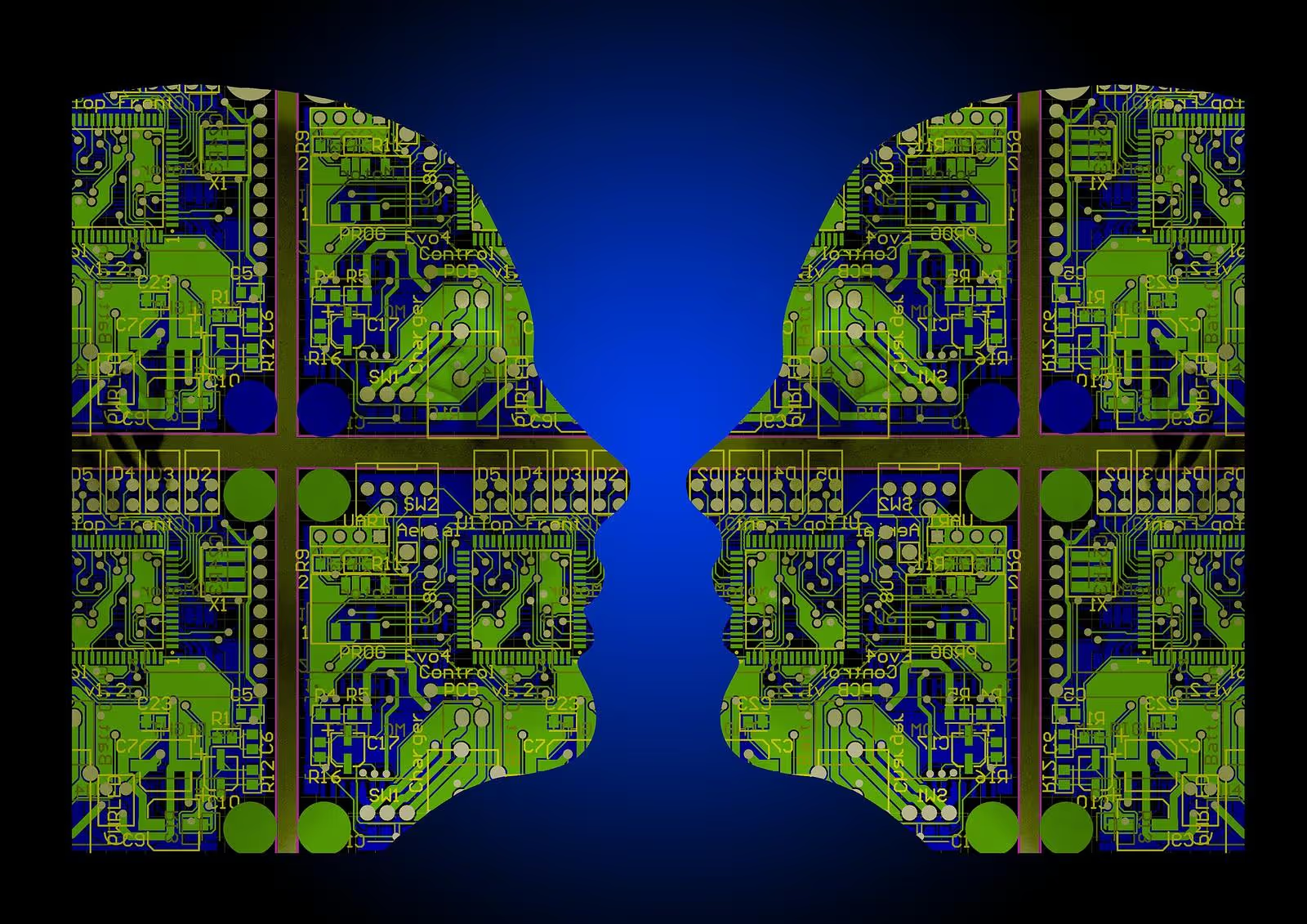
April 25, 2023
|
UNDP
Are countries ready for AI? How they can ensure ethical and responsible adoption
Artificial intelligence has the potential to benefit society in manifold ways. From using predictive analytics for disaster risk reduction to leveraging translation software to break down language barriers, AI is already impacting our daily lives. Yet, there are also negative implications, especially if proactive steps are not taken to ensure its responsible and ethical development and use. Through an AI Readiness Assessment, UNDP is making sure countries are equipped with valuable insights on design and implementation as they progress on their AI journey.

March 30, 2023
|
World Bank
How to reduce open waste burning in the Lao PDR: Insights from behavioral science
Despite its health, environmental, and economic costs, burning of waste still a common practice in the Lao PDR, where approximately 4,400 people die from household air pollution annually. A World Bank study surveyed over 1,900 Lao citizens to learn about the habits and beliefs surrounding open waste burning. Almost a third reported that waste was generally burned at home, with the other two-thirds saying they instead used waste-collection services, recycled, or reused their waste. Understanding and targeting different groups can help the government strategize better. We identified five groups of people, or “personas”, and based on their waste-management beliefs and behavior, placed all the respondents into the following categories, along with recommendations on how to influence their attitudes.
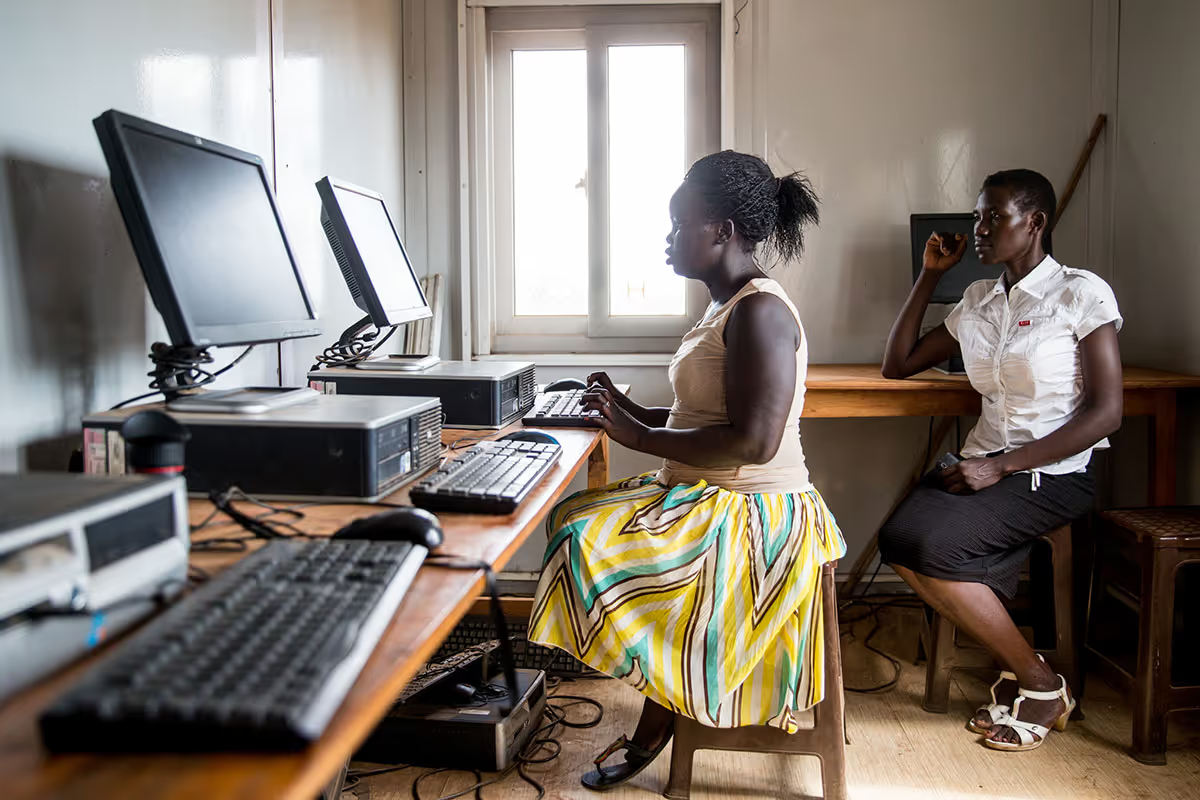
February 24, 2023
|
UN Women
Power on: How we can supercharge an equitable digital future
From online learning and digital activism to the rapid expansion of high-paying tech jobs, the digital age has generated unprecedented opportunities for the empowerment of women and girls. But advancing technology is also introducing new forms of inequality and heightened threats to their rights and well-being. Women and girls remain underrepresented across the creation, use and regulation of technology. They are less likely to use digital services or enter tech-related careers, and significantly more likely to face online harassment and violence. This limits not only their own digital empowerment but also the transformative potential of technology as a whole—over the past decade, women’s exclusion from the digital sphere has shaved $1 trillion off the GDP of low- and middle-income countries. In the face of escalating global crises, we stand at a crossroads: allow technology to widen existing disparities and further concentrate power in the hands of the few, or put it to work on behalf of a safer, more sustainable, more equitable future for all. The choices we make today will profoundly impact our path forward. Here are four steps we can take in the right direction.
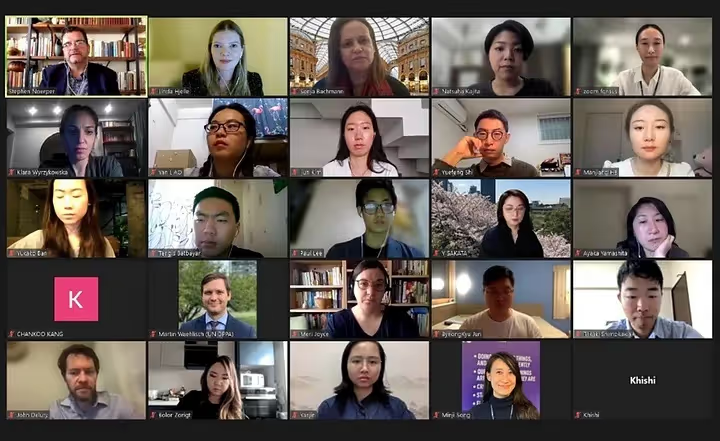
February 7, 2023
|
UN - DPPA
Youth Explore the Future of Peacebuilding in Northeast Asia
As is the case in much of the world, in Northeast Asia young people have traditionally had few, if any, opportunities to contribute to substantive policy discussions. Khishi Enkhbayar, from Mongolia, is working with fellow young peacebuilders from across the region to change that. In 2022, Khishi was one of over 40 participants in DPPA’s “Futuring Peace in Northeast Asia” project. Participants used strategic foresight tools to explore pathways to a peaceful future for the region. They examined a set of future scenarios with a horizon of 2040 and imagined how education, new technologies and innovative approaches could be used to build new regional narratives for Northeast Asia, a region that lacks common security structures and is often characterized by historical disputes and mistrust.
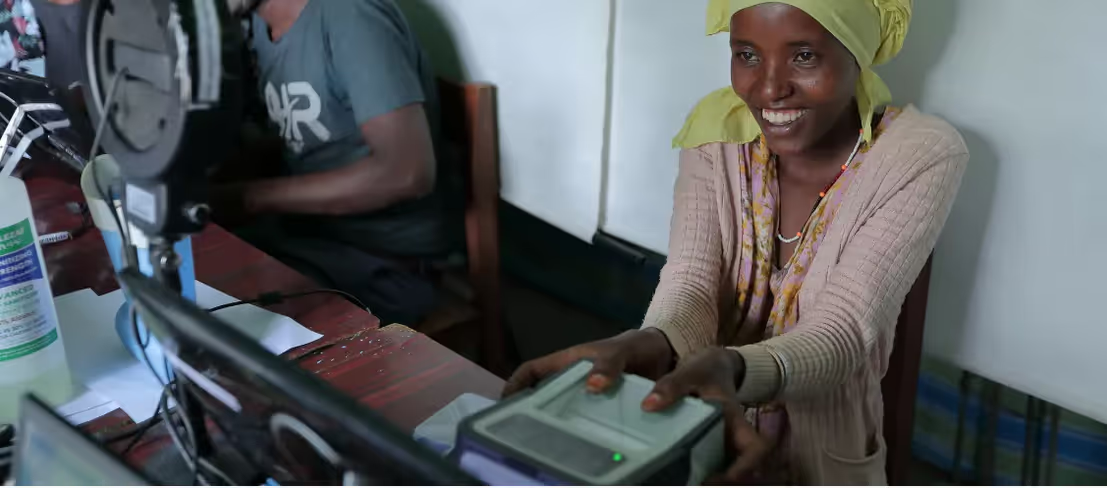
February 6, 2023
|
World Bank
850 million People Globally don’t have ID—Why this matters and what we can do about it
Imagine not being able to prove who you are—no birth certificate, no passport, no driver’s license or national ID. Having proof of legal identity or other officially recognized identification (ID) matters for equitable, sustainable development. It is a basic right and often provides the key to access services and opportunities, whether that is getting a job, opening a bank account, or receiving social assistance payments. The growth of digital services has further increased the need for secure and convenient ways to verify a person’s identity online and remotely. Yet according to new estimates, some 850 million people globally do not have an official ID (let alone a digital one). The World Bank’s Identification for Development (ID4D) Initiative works to tackle the lack of access to identification challenge in multiple ways, starting with counting the uncounted.
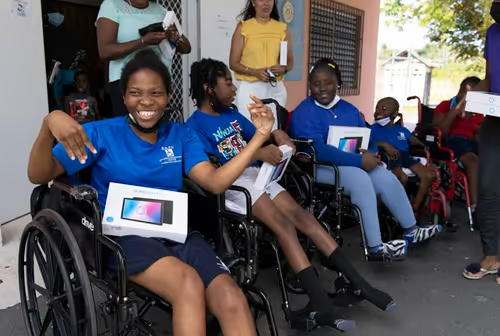
December 2, 2022
|
ITU
Technologies and Strategies for Inclusion and Accessibility
Learning in the classroom lays the foundation for the rest of our lives. But when students lack equal access to today’s digital technologies, their personal and professional development can be affected for years to come. This is true, especially for children with disabilities. Of the 240 million children with disabilities in the world today, half will never attend school at all, according to UNICEF estimates. Those who do go to school, meanwhile, face limited access to course material, often causing them to fall behind compared to their peers. Inclusion begins with the changing of mindsets and advocacy for the equal education of all children, regardless of their different abilities. At the same time, a growing range of technologies can provide content in digitally accessible formats, helping ensure equal access to information and knowledge in the classroom.
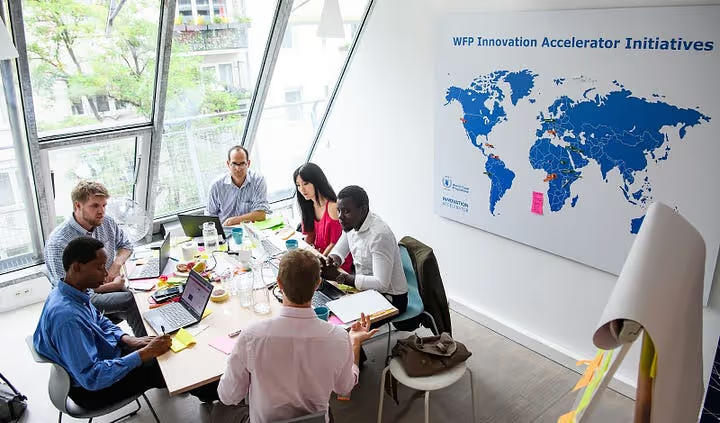
September 14, 2022
|
WFP
How to Establish an Organizational Structure that Fosters Innovation: 5 Tips from WFP’s Experience
Establishing an organizational structure dedicated to innovation is like building a startup of its own because, essentially, innovation is about doing things differently. Creating such a structure and conditions for innovation may seem challenging, particularly for well-established organizations, where innovating appears riskier than maintaining the status quo. In celebration of the 7th year of the World Food Programme (WFP) Innovation Accelerator, we are delighted to share the top 5 tips from our experience that can get your innovation unit off to a strong start: - Define your core identity
- Build with your organization’s DNA in mind
- Stay lean
- Learn to navigate the corporate structure of your organization
- Seek out and be open to feedback
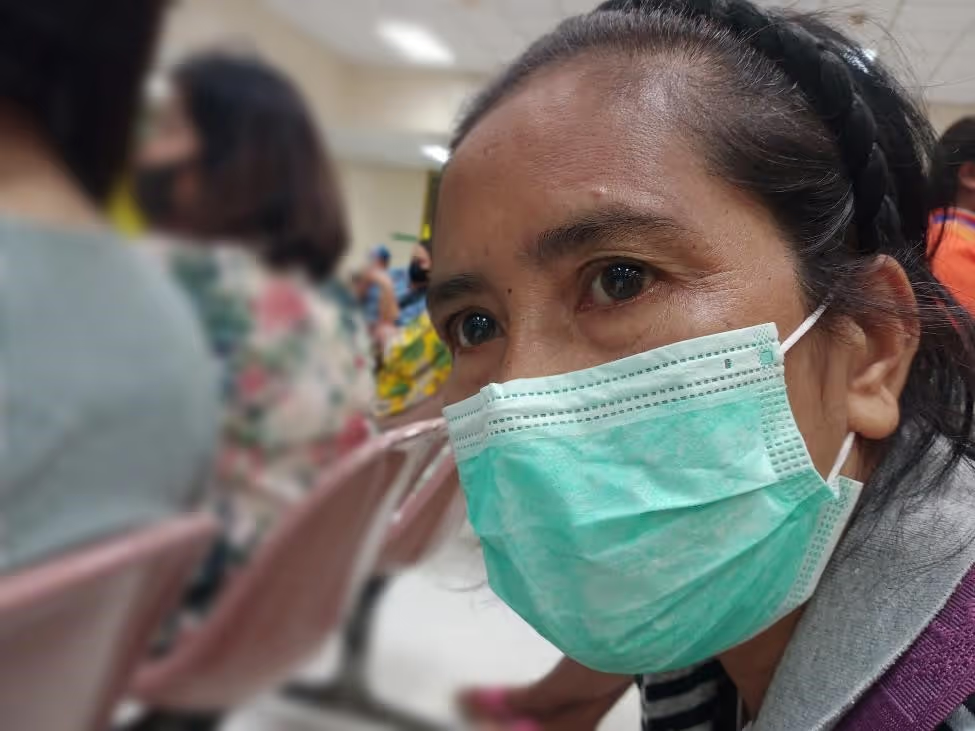
April 26, 2022
|
World Bank
Being Behaviorally Savvy in Vaccine Communication
In the history of public health, vaccines continue to be one of the greatest solutions and to date have saved countless lives. However, hesitancy towards vaccination was a problem before the COVID-19 pandemic and continues to be a challenge with the rollout of COVID-19 vaccines across the globe. in this blog, we zoom in on leveraging three essential ingredients to address vaccine hesitancy: social norms, framing of the content, and trusted messengers.

March 10, 2022
|
Worldbank
Can the Metaverse offer Benefits for Developing Countries?
The term metaverse has recently surged in popularity. Google Trends reports a tenfold increase in searches for the word between the beginning of October 2021 and the end of January 2022. Big tech sees the metaverse as the next market opportunity — Mark Zuckerberg rebranded Facebook as Meta, and Microsoft has said it intends to build an “enterprise metaverse.” Microsoft recently stated that its $68.7 billion acquisition of Activision “will provide building blocks for the metaverse.” Although the metaverse is still at a nascent stage, if realized, it could potentially reshape the internet. But what exactly is the metaverse, and what does it mean for developing countries? This post explores some opportunities the metaverse offers in education, health, and urban development although there are promising use cases in almost every sector.
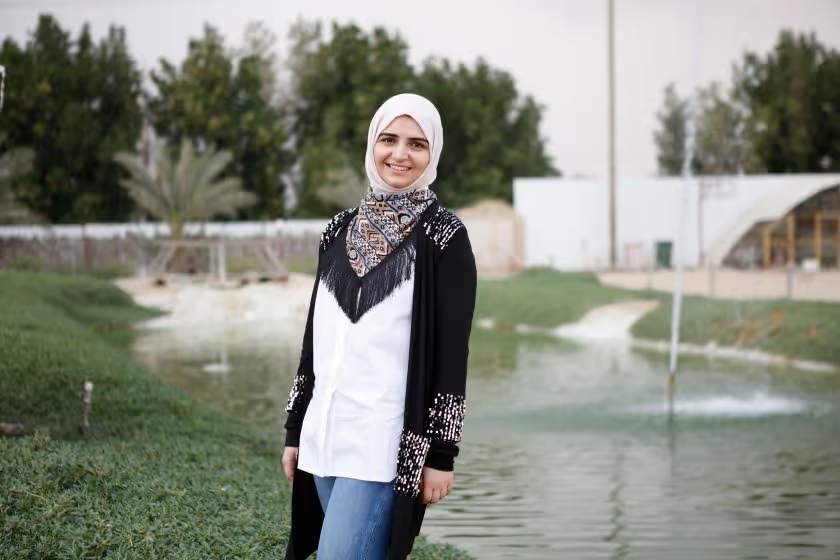
March 7, 2022
|
UN Environment
Five Young Entrepreneurs embracing Sustainable Business Models
Micro, small and medium-sized enterprises have a crucial role to play, given they comprise 90 per cent of businesses and are responsible for more than half of global employment. That’s why experts say it’s encouraging that more and more small-scale entrepreneurs are launching businesses designed to protect the planet. UNEP profiles five young entrepreneurs who are doing just that. Alzelzela’s home country, Kuwait, generates 1.5kgs of trash per person per day – twice the global average – and 90 per cent of it ends up in landfills. Kuwait is yet to embrace sustainable waste management – and Alzelzela is aiming to change that. She co-founded Eco Star, a non-profit that recycles trash from homes, restaurants and schools across Kuwait. She used her own cash as start-up capital and built her consumer base by educating people about recycling on her social media platforms, which now have more than 20,000 followers.
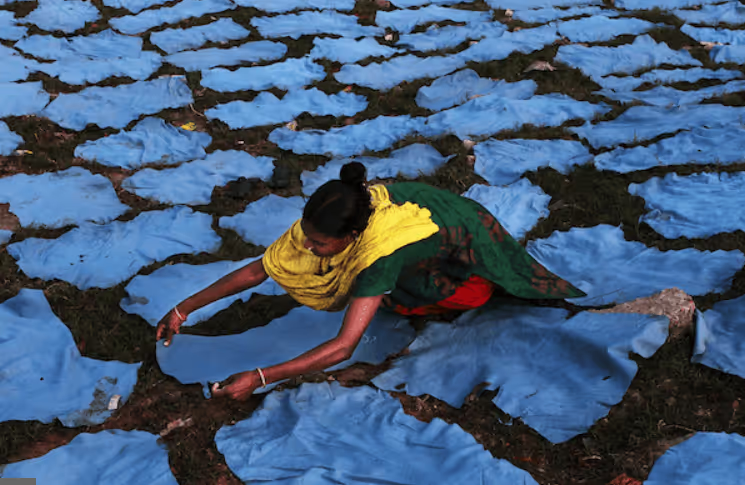
March 1, 2022
|
ESCAP
Improving Financial Solutions for Women Micro-Entrepreneurs
ESCAP and Kiva conducted research to better understand these entrepreneurs’ unique needs. The resulting report is based on data from 328 women microfinance borrowers in Fiji, Samoa and Cambodia and focuses on the new realities facing women micro-entrepreneurs, and offers timely solutions for financial service providers to most effectively support them. Initial findings from the report both validate microfinance institutions’ current work and identify clear areas where providers could expand their efforts to better meet the needs of their women-identified client base. Among the more encouraging results, a majority of women micro-entrepreneurs reported that their confidence increased and their overall livelihoods improved as a result of their ability to obtain a microloan. Micro-entrepreneurs were also more likely to own additional businesses the longer they were a member with the microfinance institution.
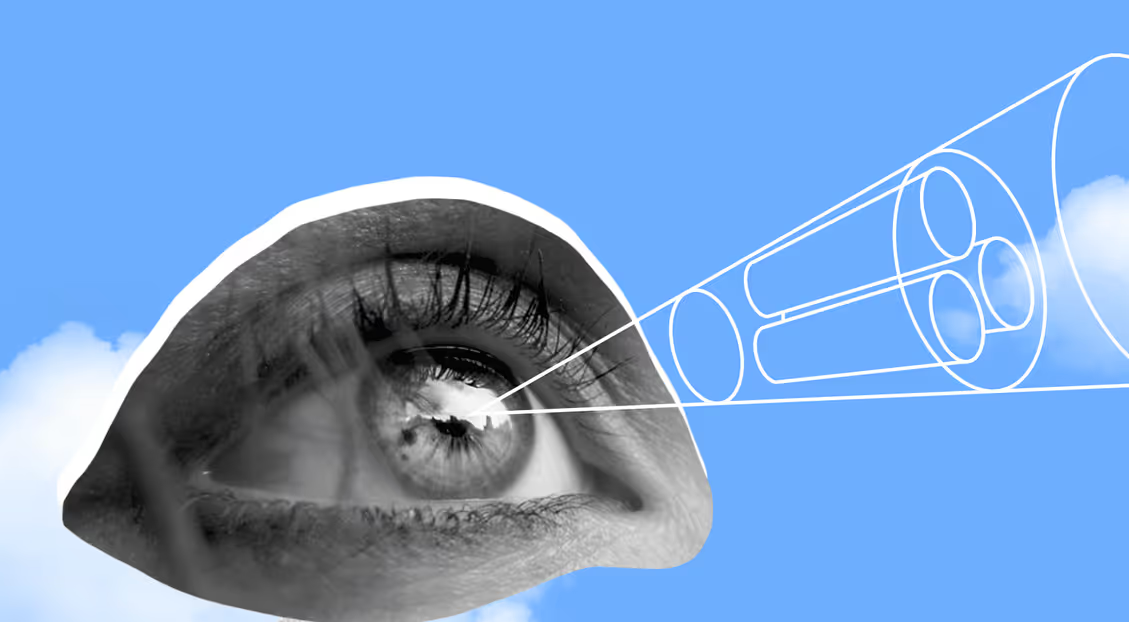
February 23, 2022
|
UN Global Pulse
Using Imagination, Information, and Insight to Prepare the UN for the Future
It’s often said that hindsight is 20/20: We can see and understand something much more clearly after it’s happened. But what about foresight – envisioning the future one wants to create? It’s not a crystal ball one gazes into, but instead a viable strategy for imagining, planning, and creating a better future, not just of an organization but its leaders in the years ahead. This is why foresight is just one of the tools being used to build the UN of the future. It’s no longer good enough to maintain the status quo or even try to keep up with the rapidly changing world, which is nearly impossible. Instead, UN agencies and partners must imagine what the future might bring in terms of issues the agencies may face. Perhaps even more important, it’s essential to build the kind of transformational leadership and collaborative strengths the UN needs to remain a relevant and thriving contributor to the world’s humanitarian aid, human rights, development, and so much more.
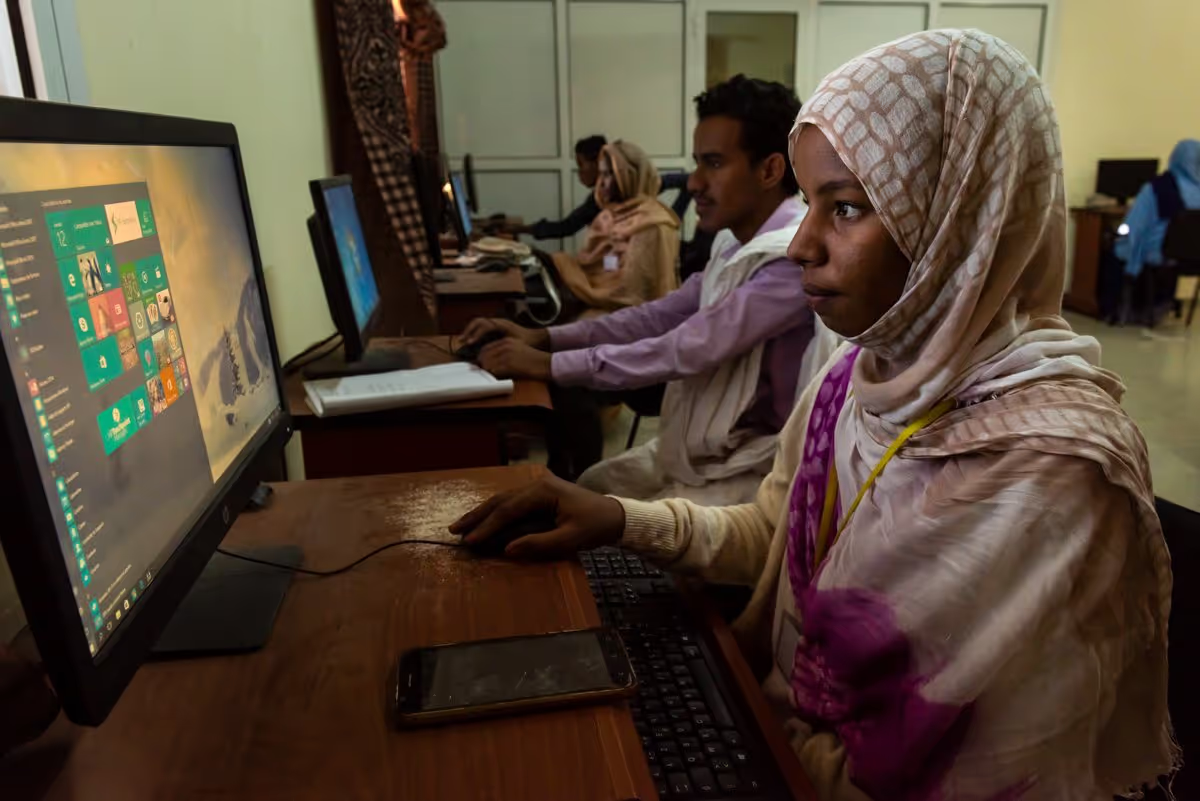
February 16, 2022
|
UNDP
Ensuring Equitable Digital Futures for Everyone
As one of the three enablers of its new Strategic Plan, digitalization will help UNDP meet its ambitious goals. That includes supporting 100 million people to escape poverty and assisting 500 million people to gain access to clean energy. Digital technology can advance democracy and human rights by boosting civic engagement and political participation, for instance. Or consider digital public goods that countries can use for identification, data exchange, and payments while reducing opportunities for corruption. And artificial intelligence and digital technology could bring a 10-20% reduction in global carbon dioxide emissions by 2030.
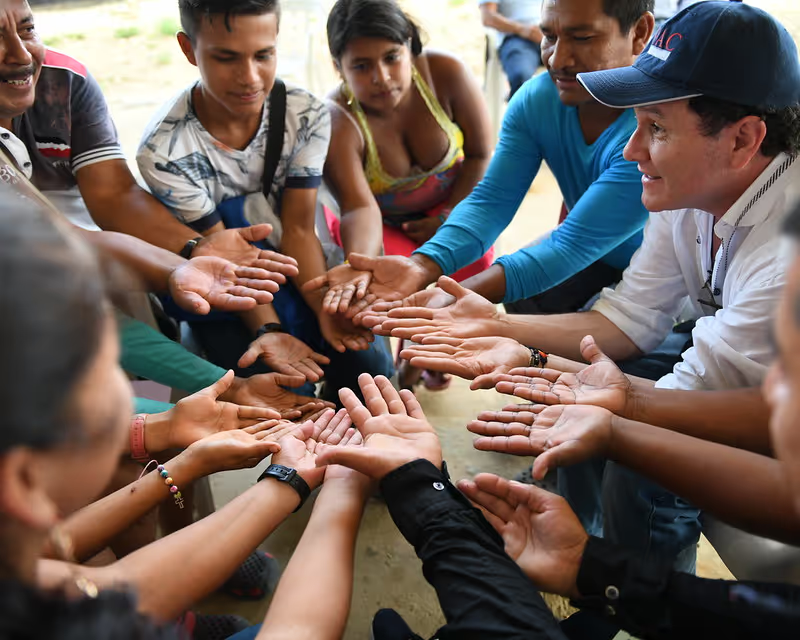
March 26, 2021
|
UN - DPPA
Can Behavioral Science Help in the Crafting of Lasting Peace Agreements?
Traditional approaches to post-conflict situations often focus on what might be termed “external safeguards”, such as security building, good governance and transitional justice initiatives. However, there is a growing body of work in the field of brain and behavioral science that explores the role of human psychology and patterns of thinking in the success, or failure, of peace agreements.


